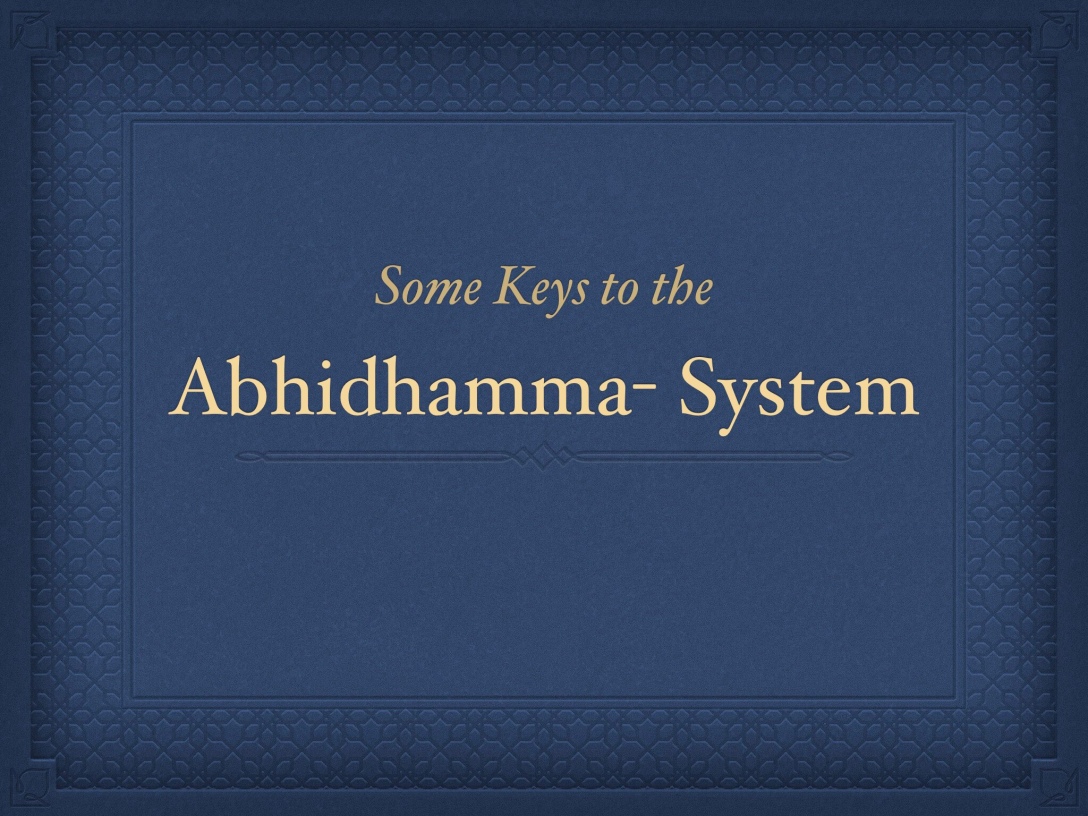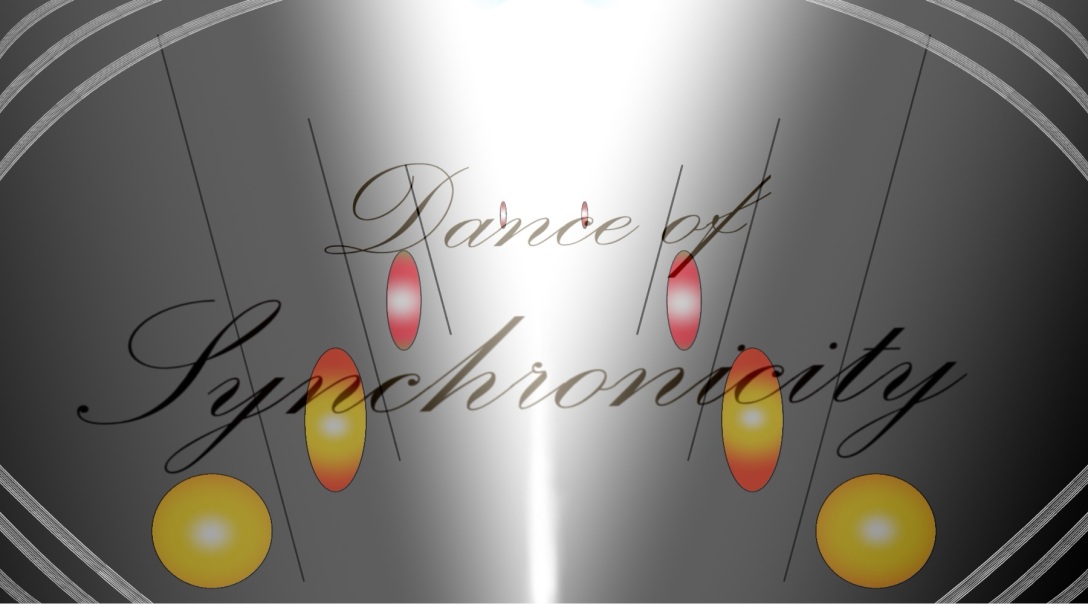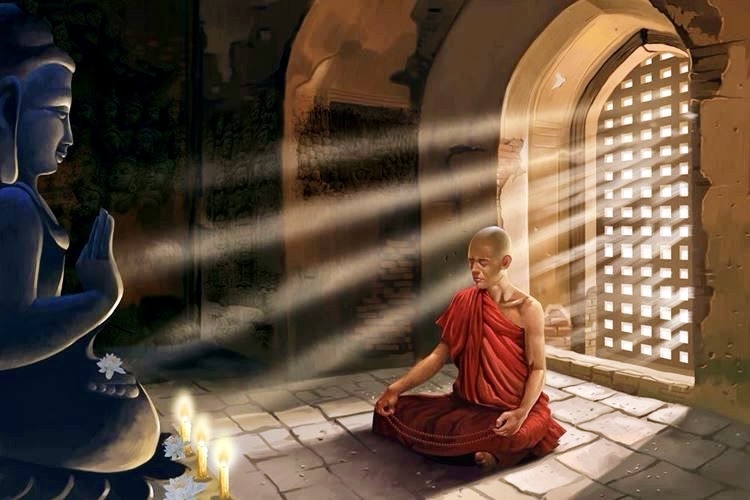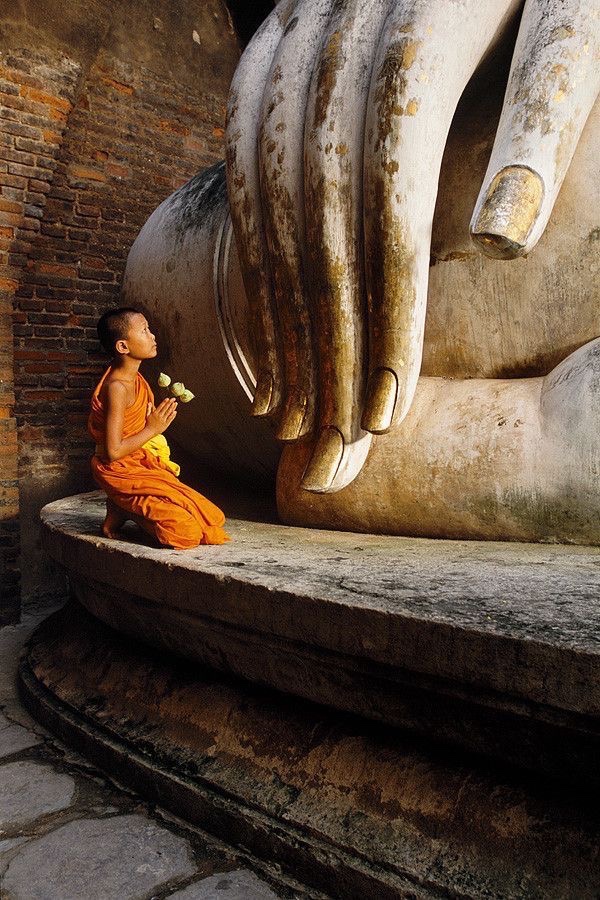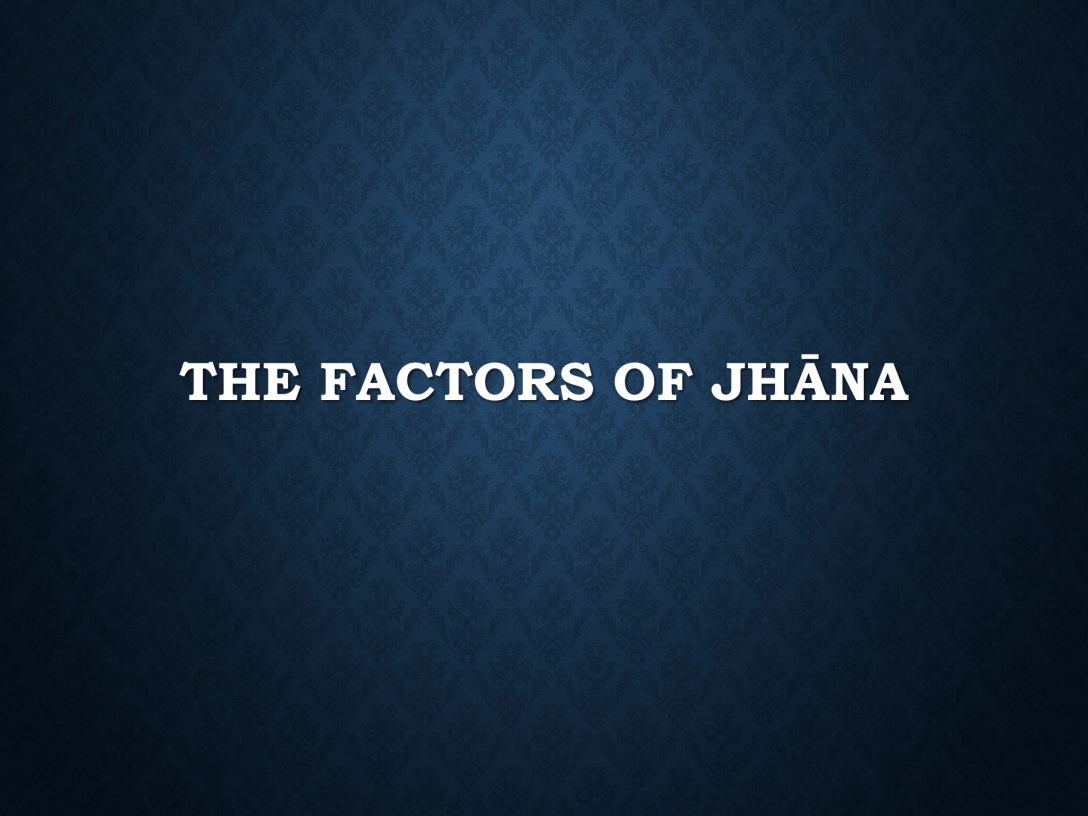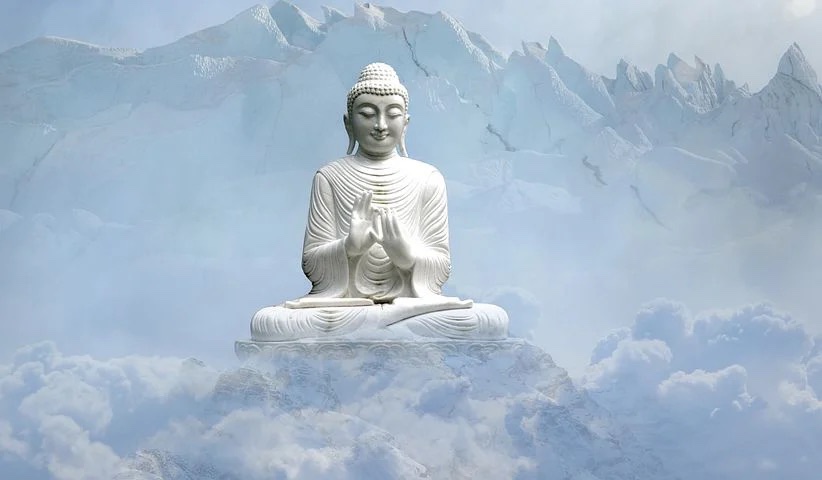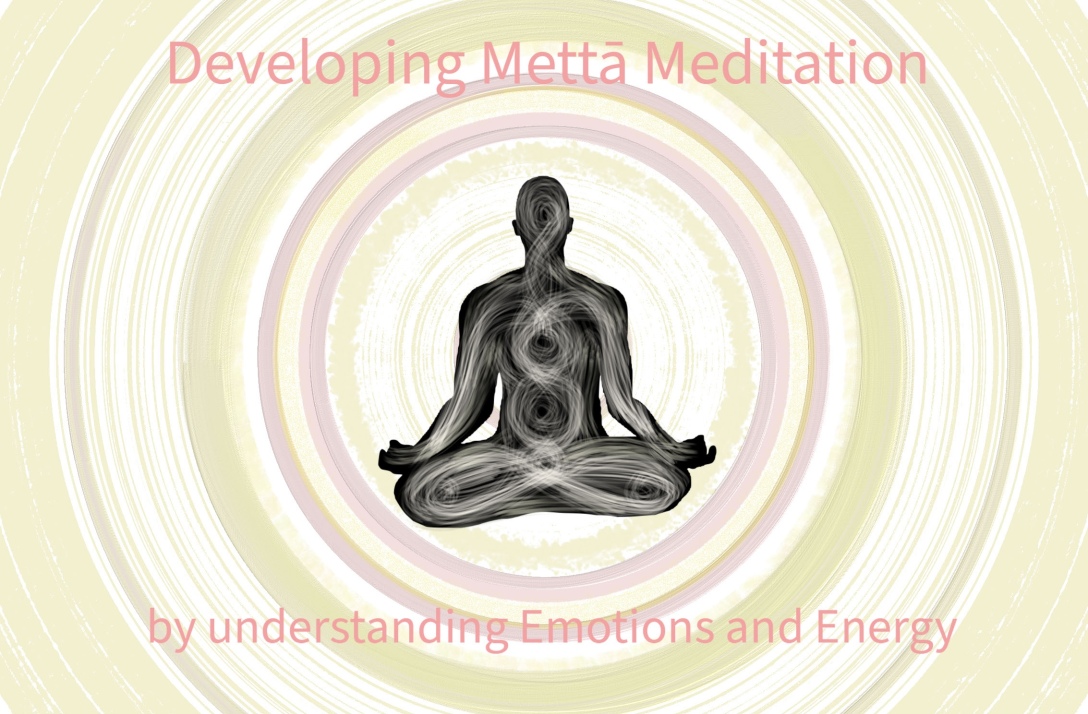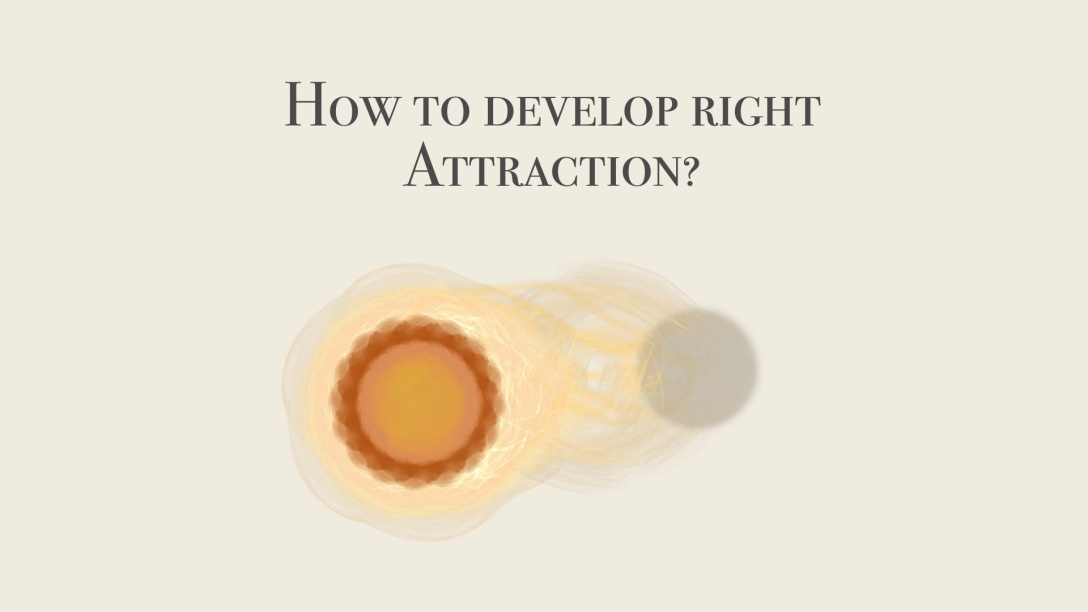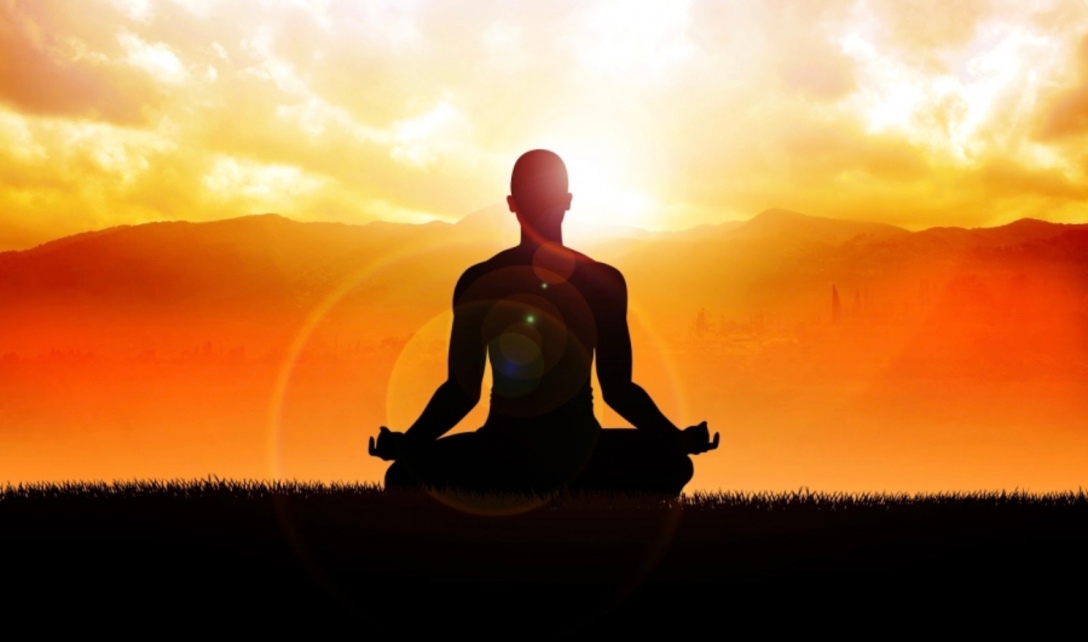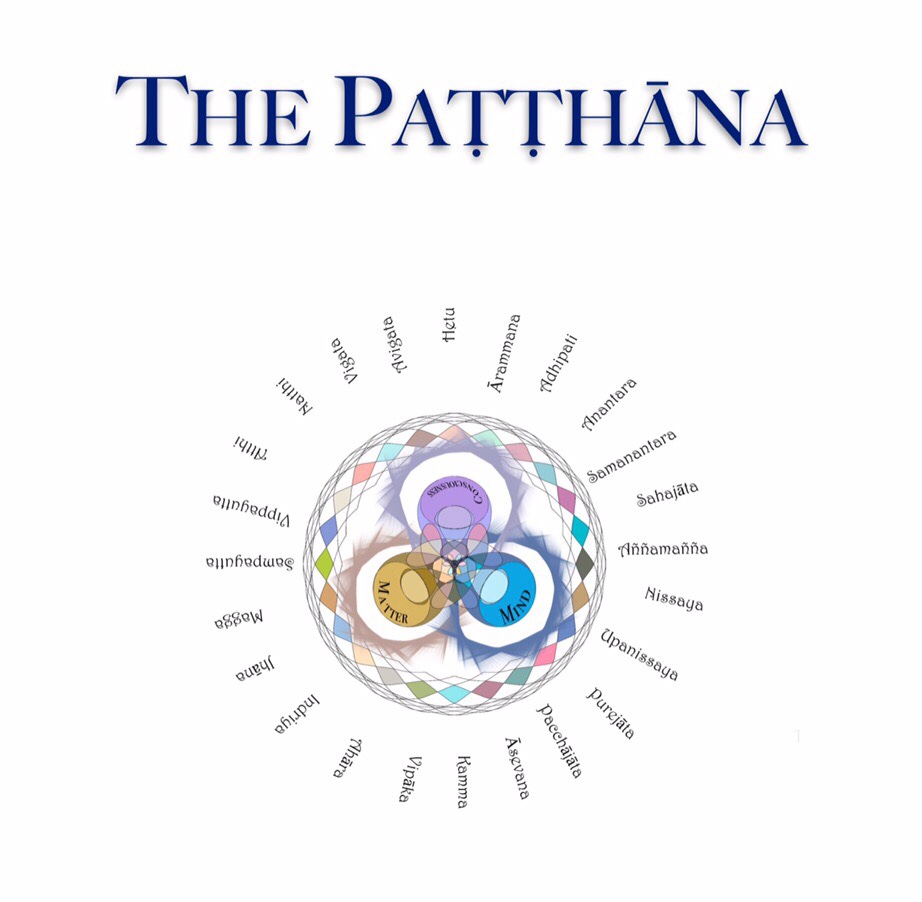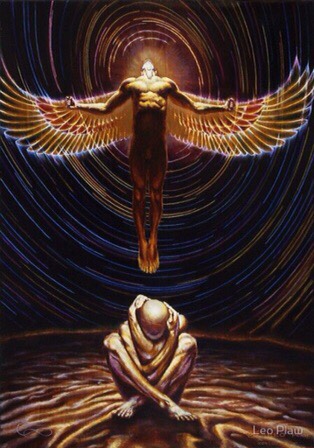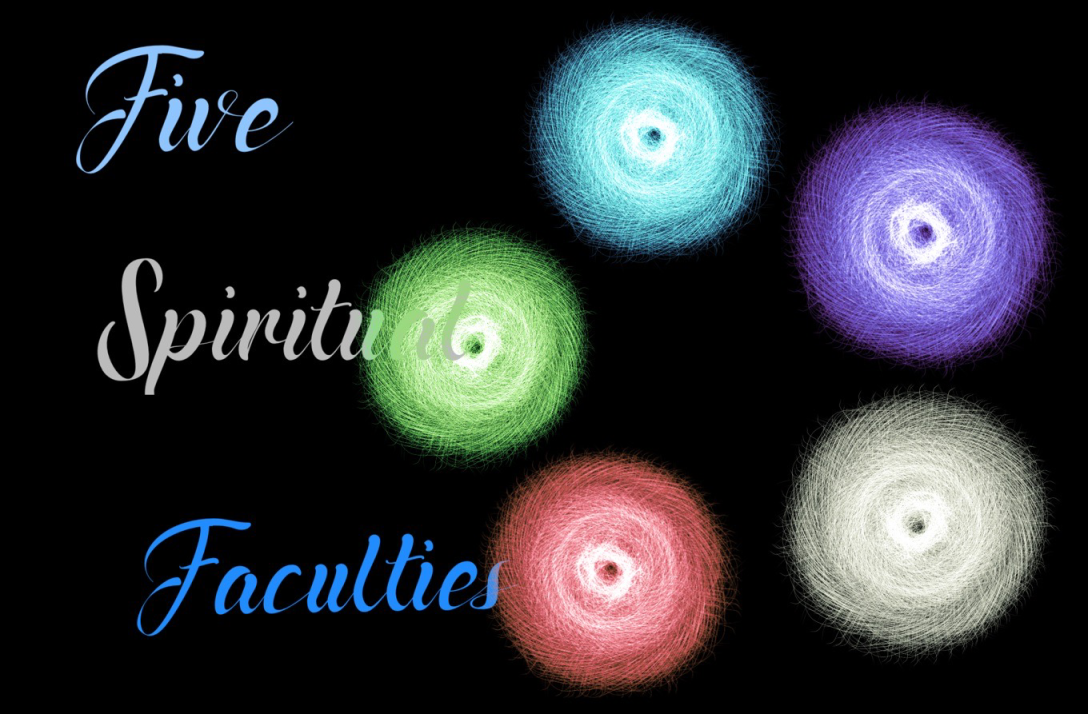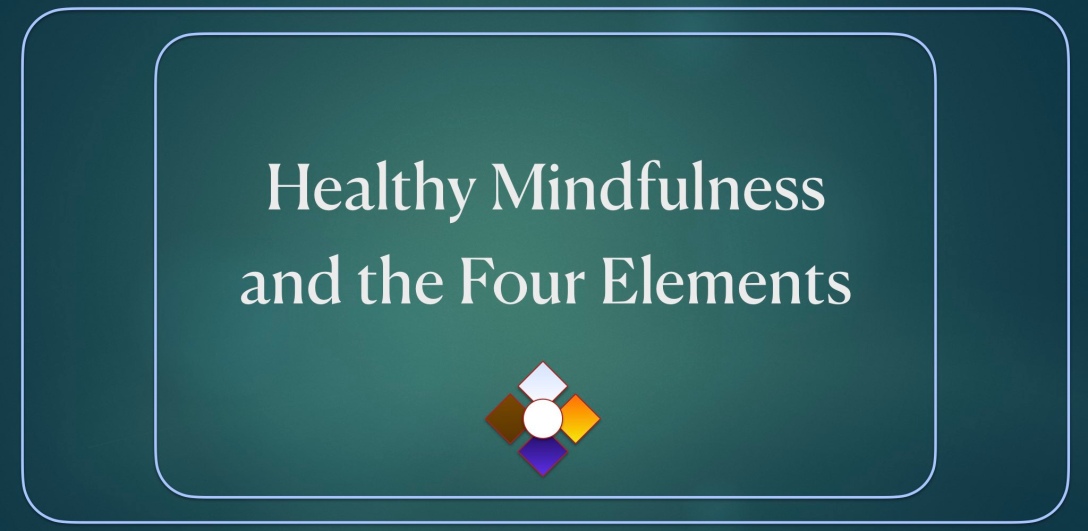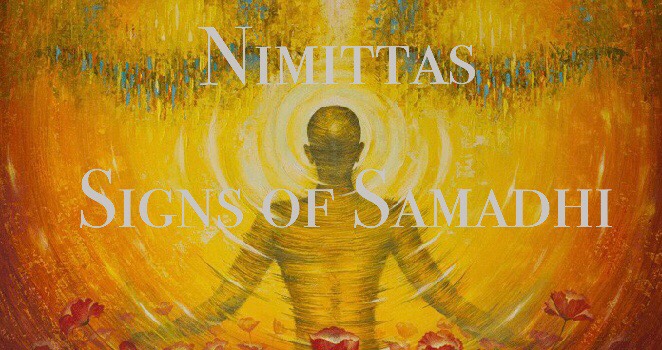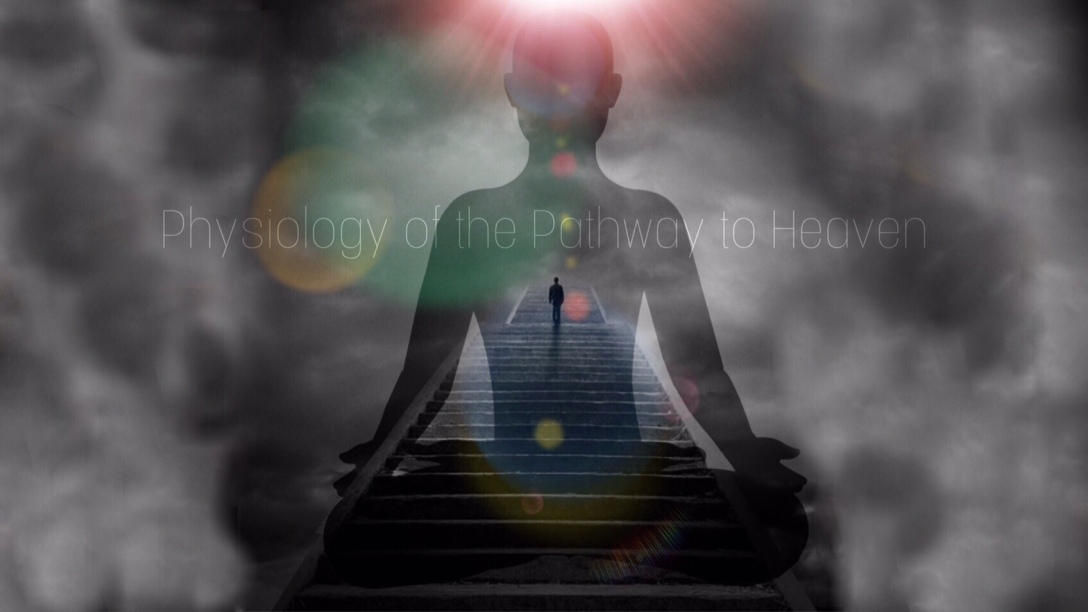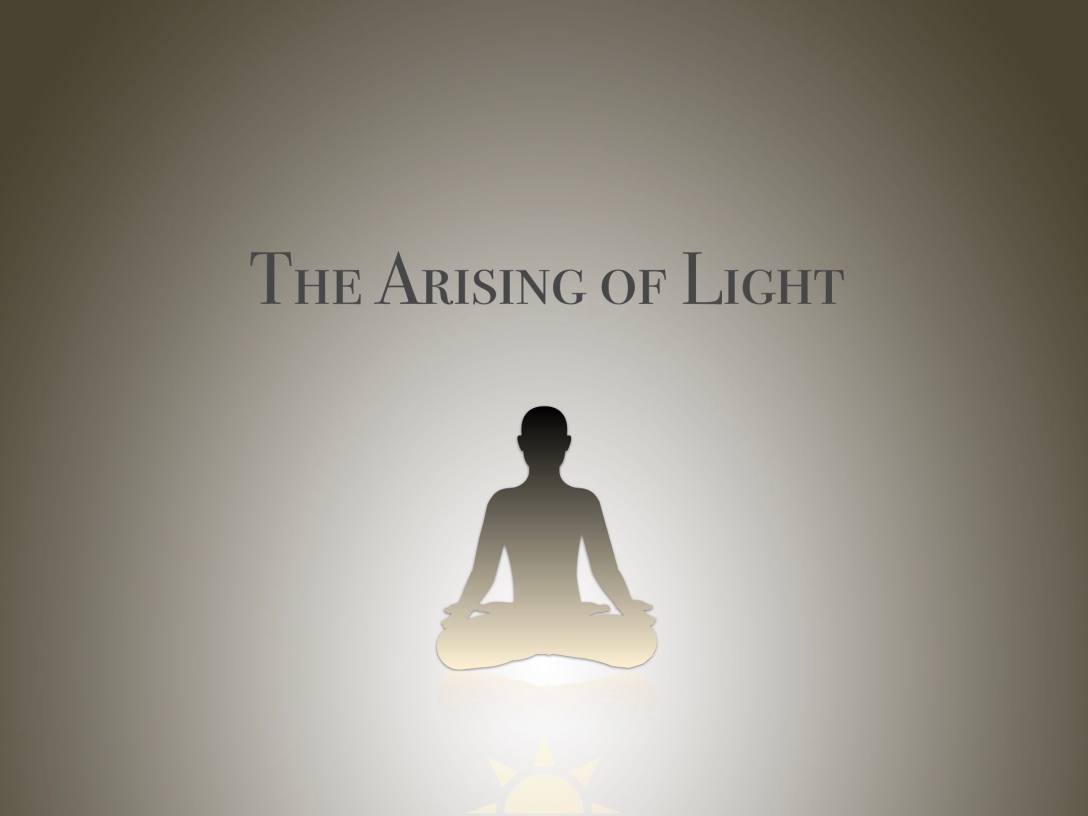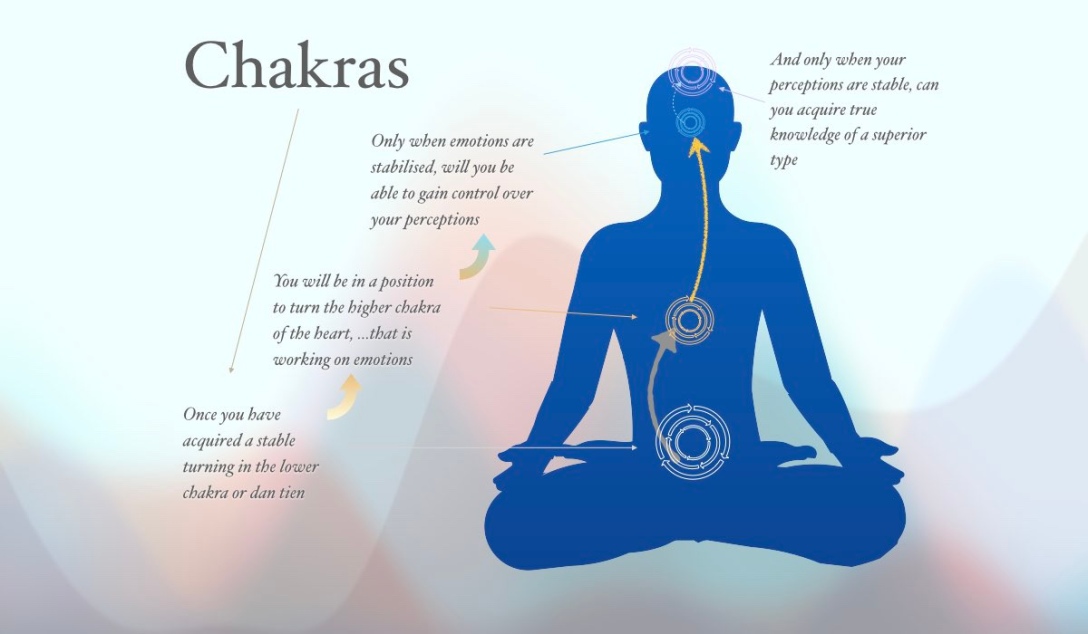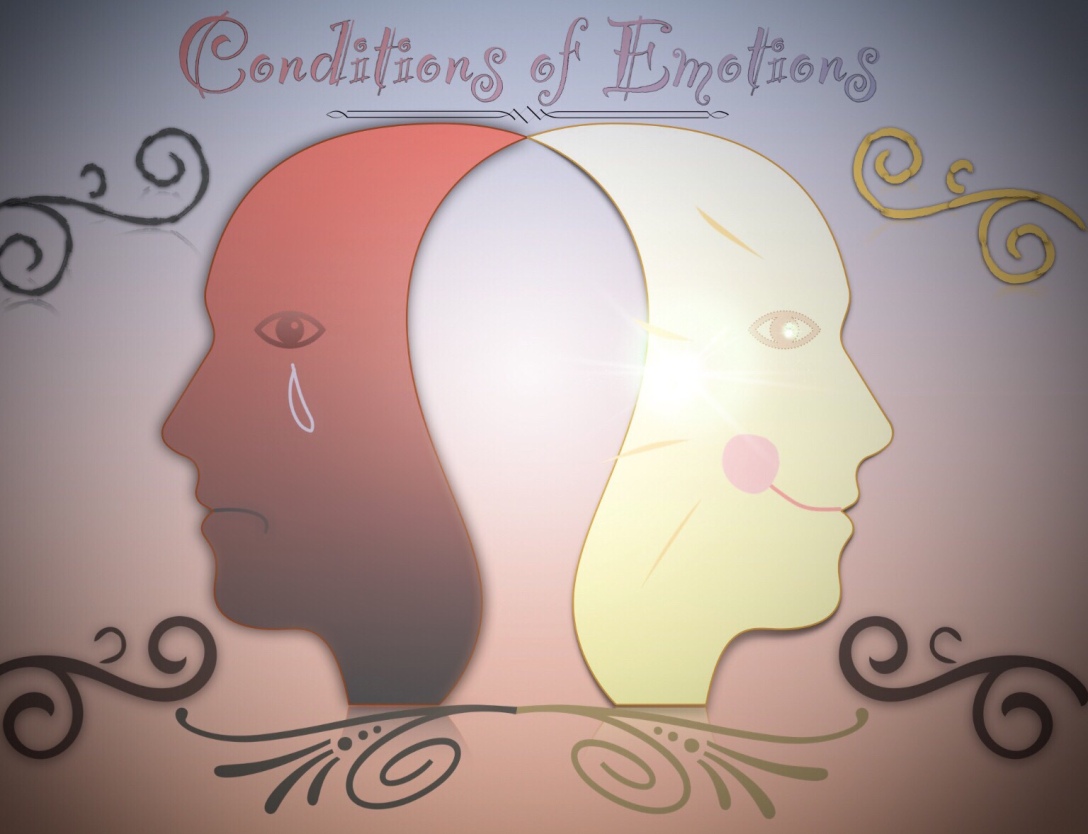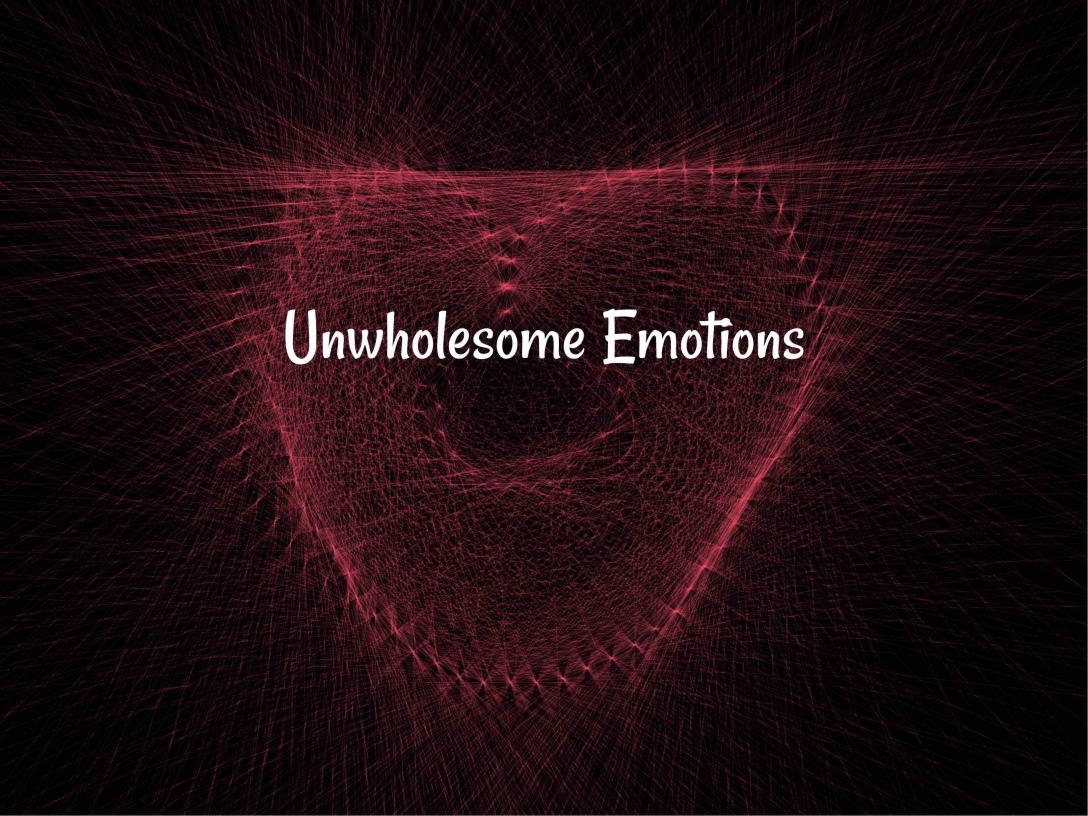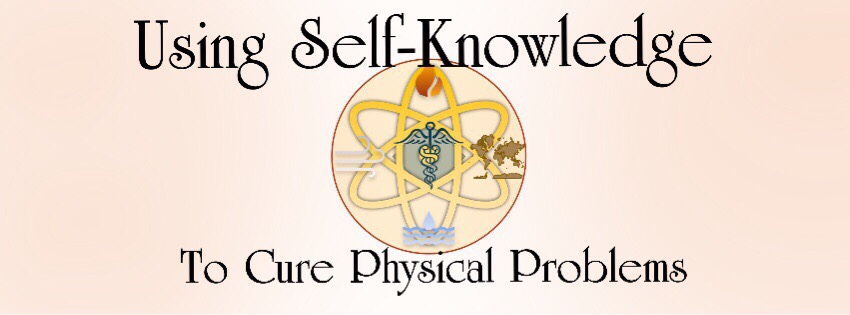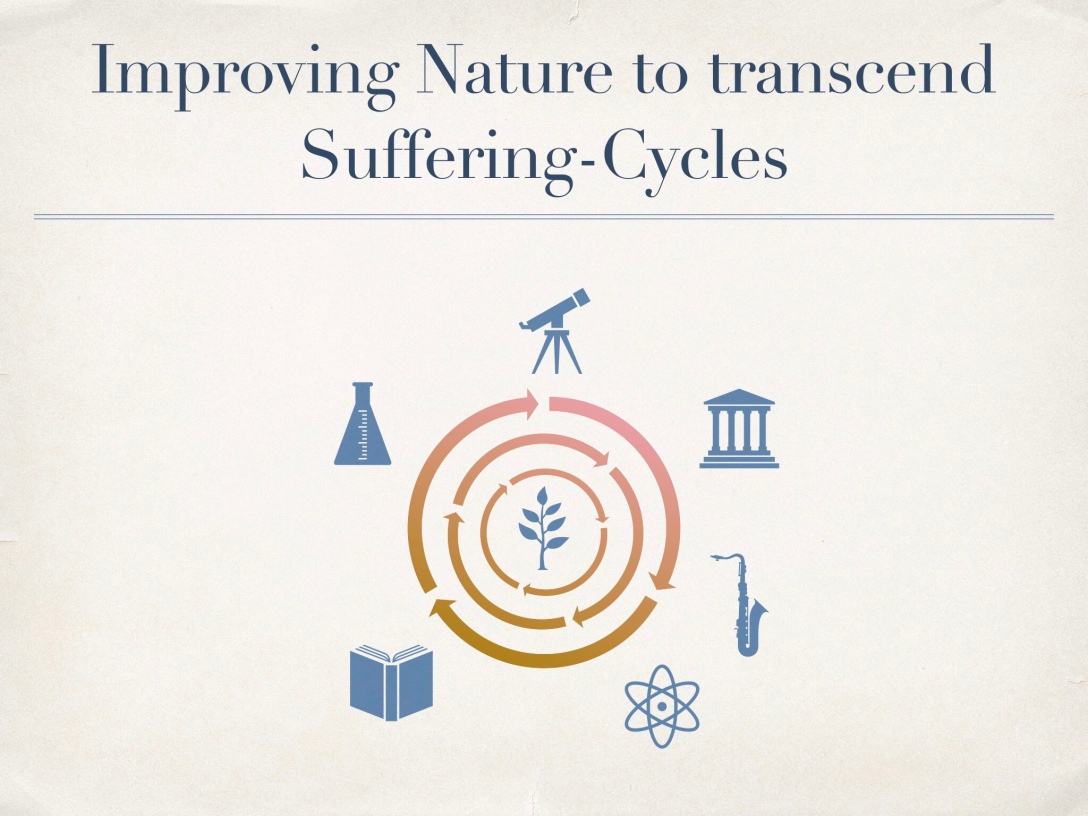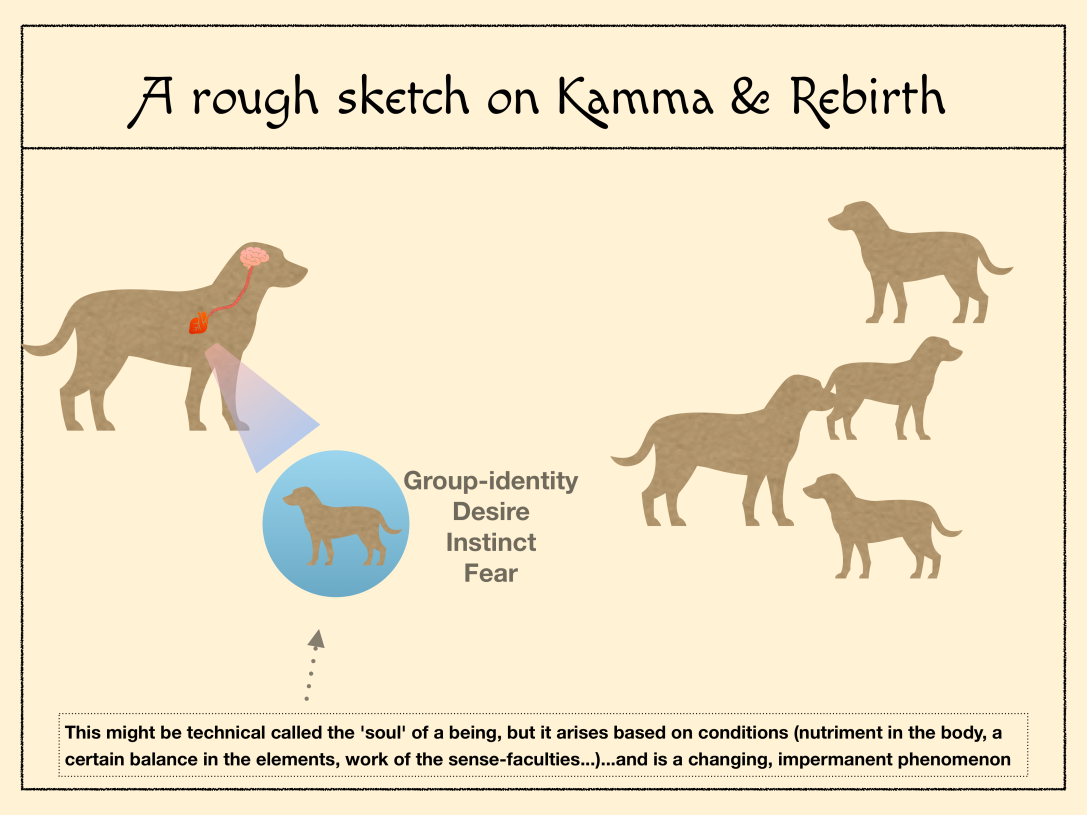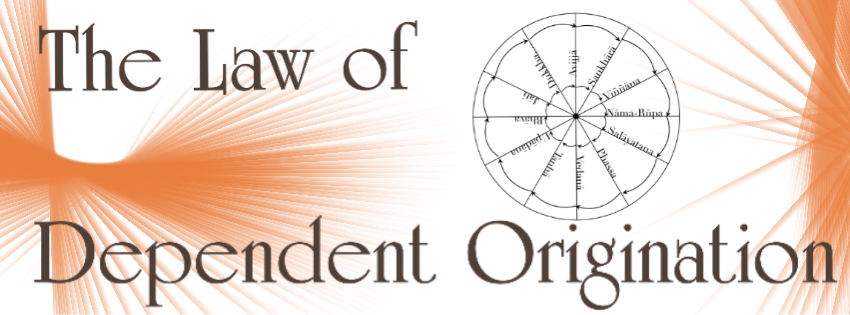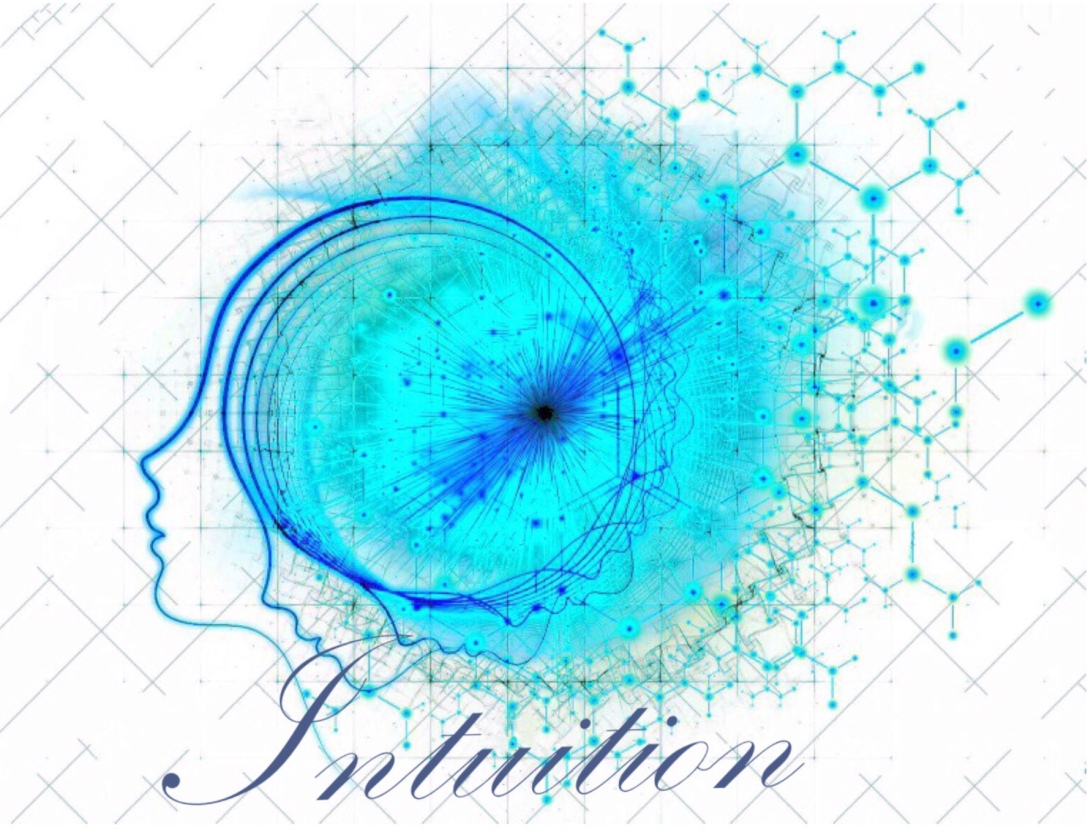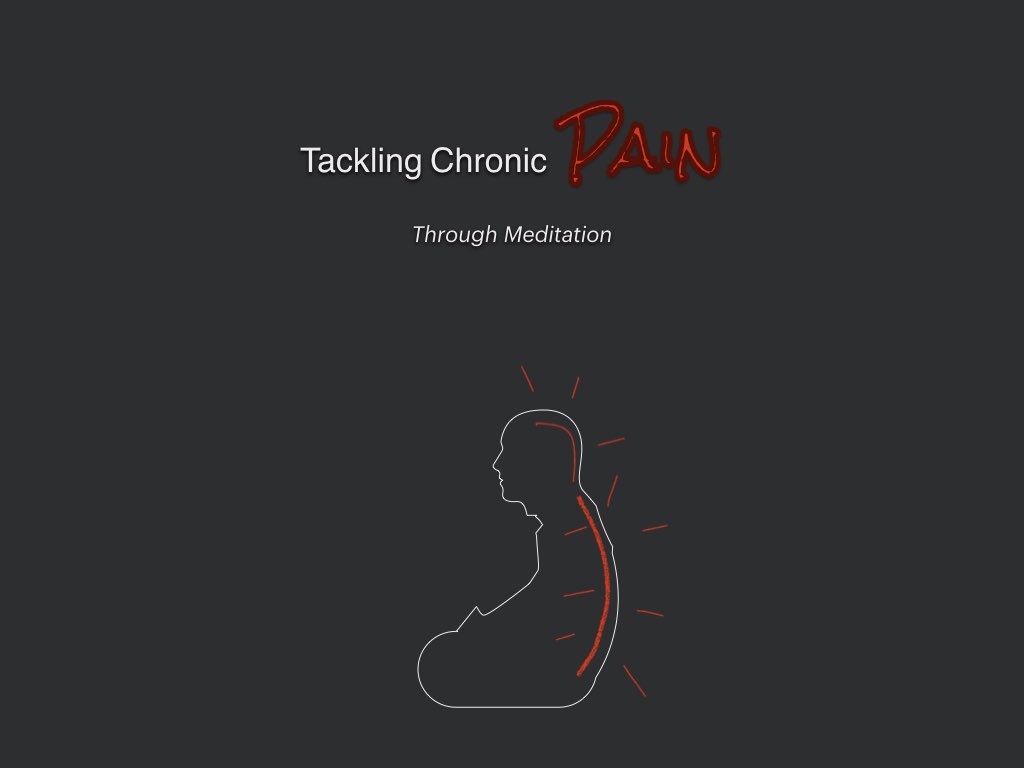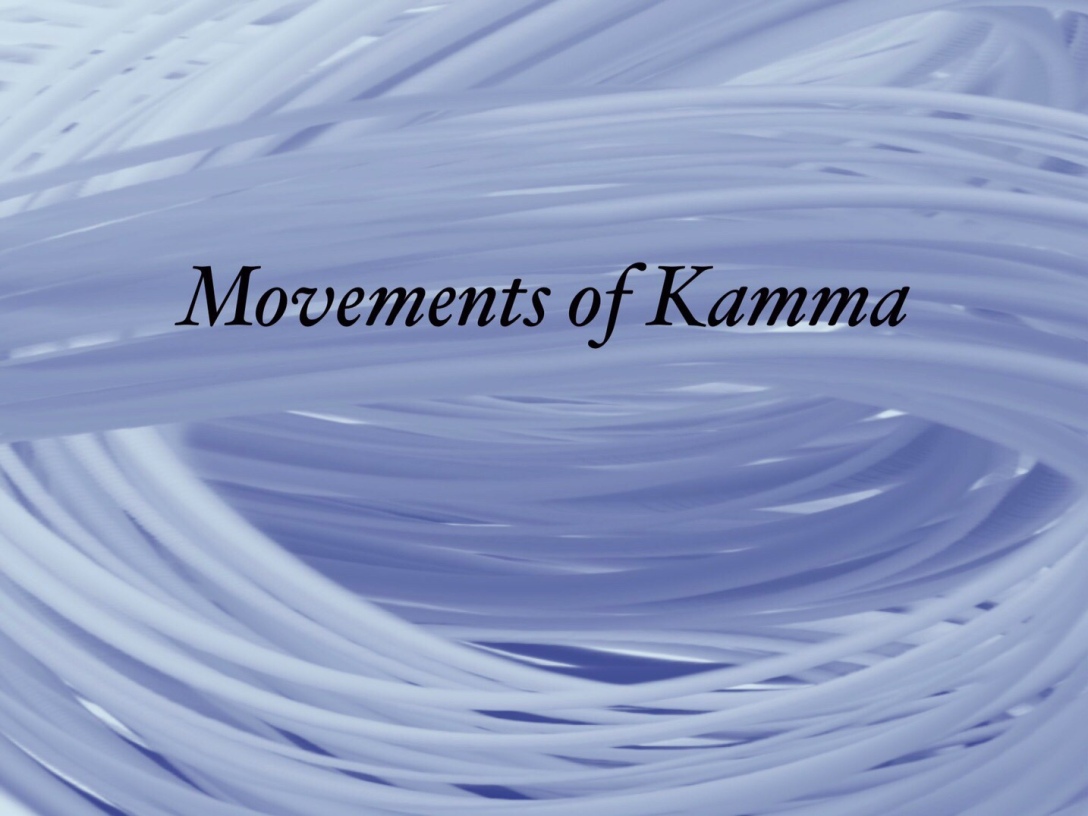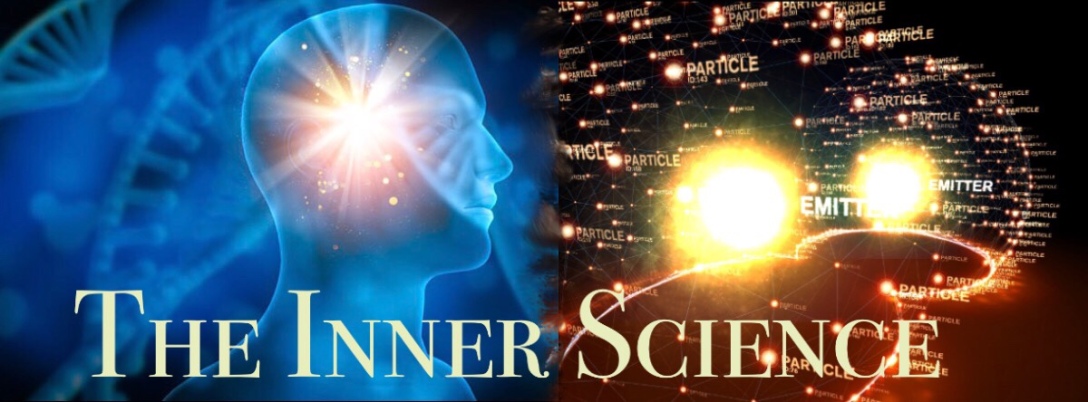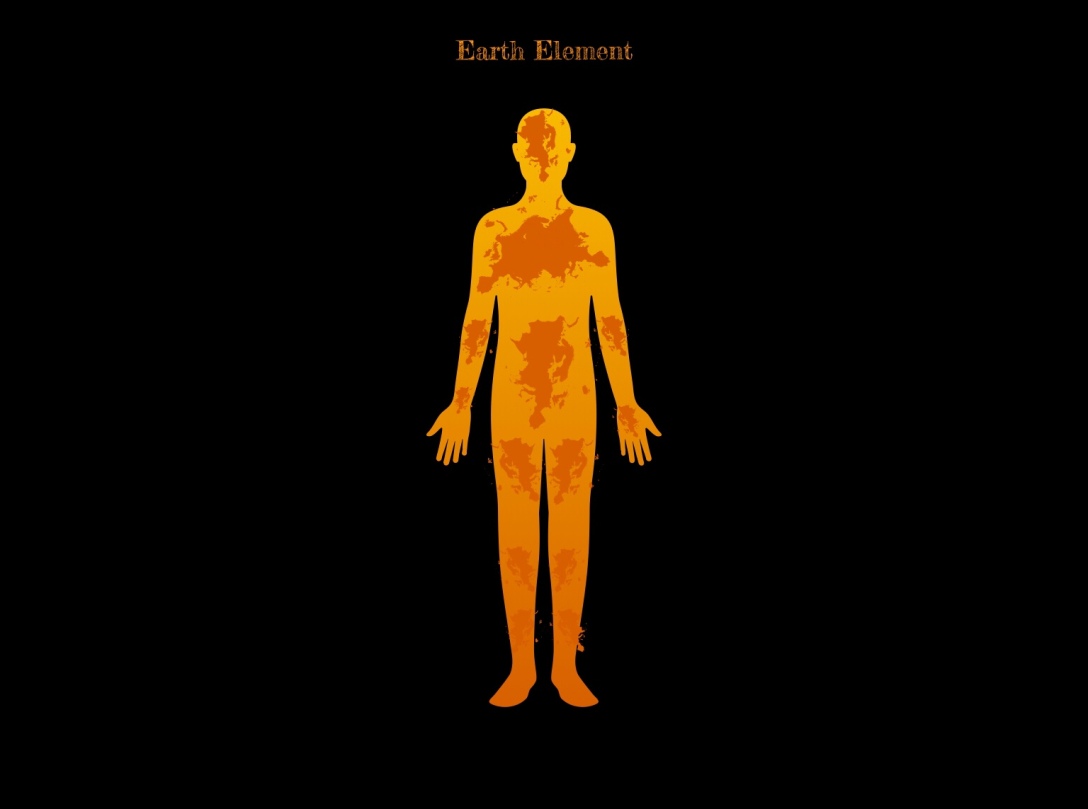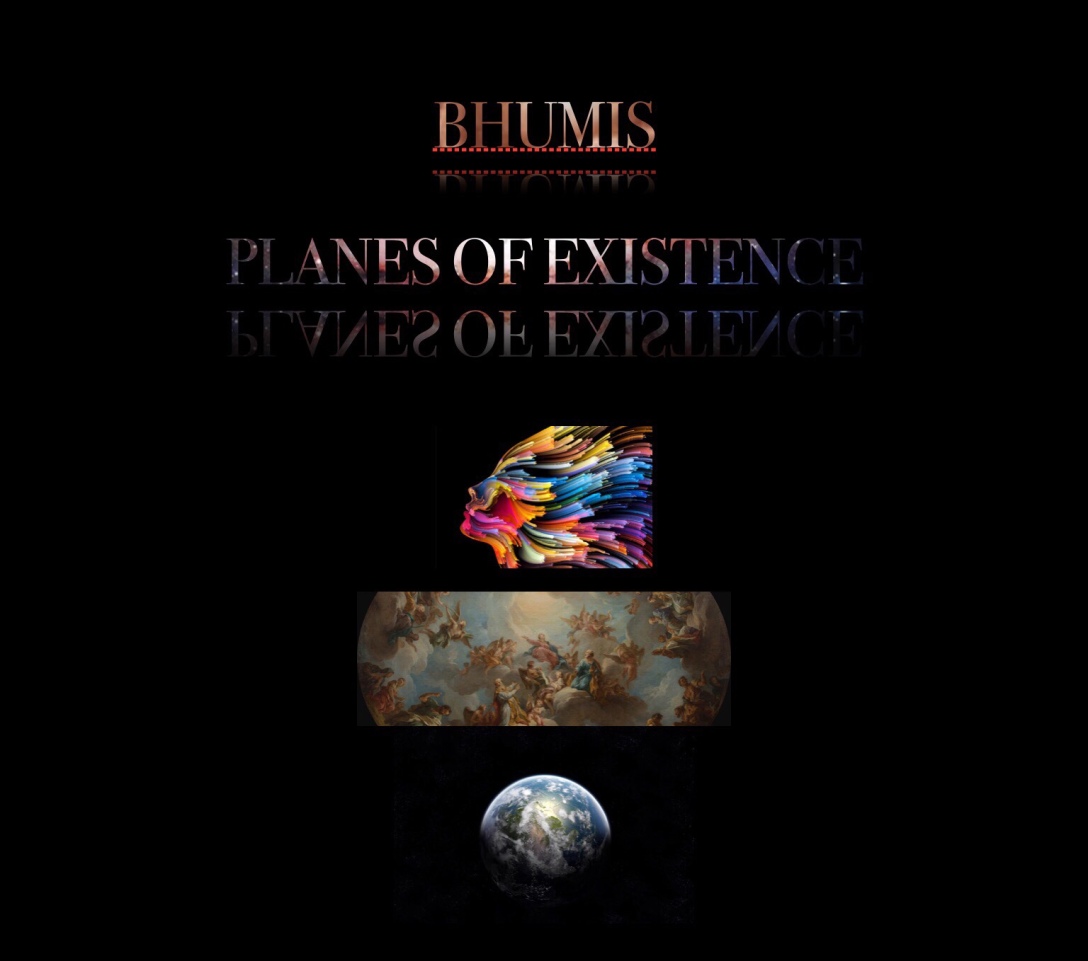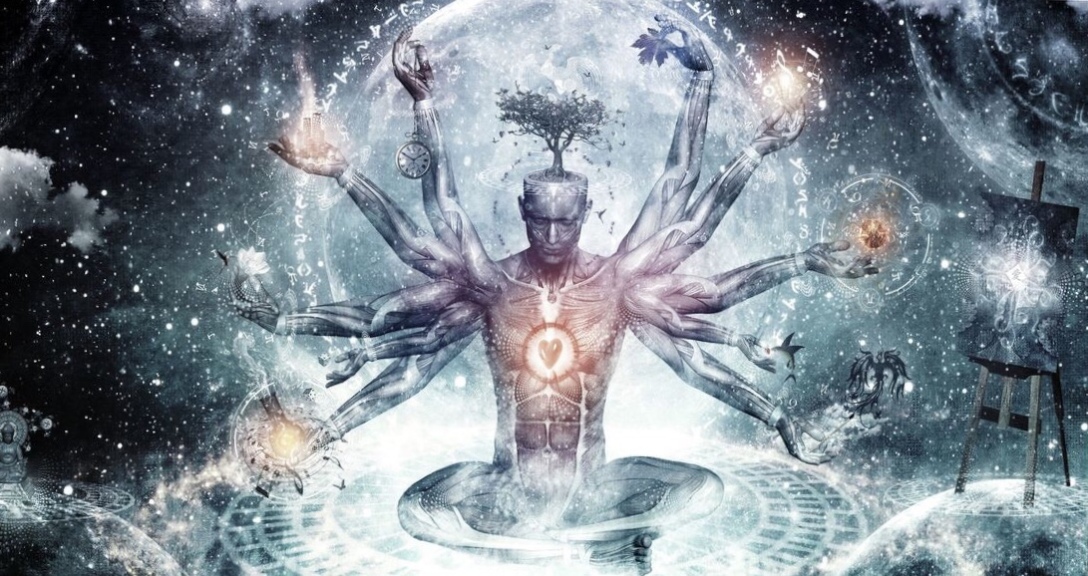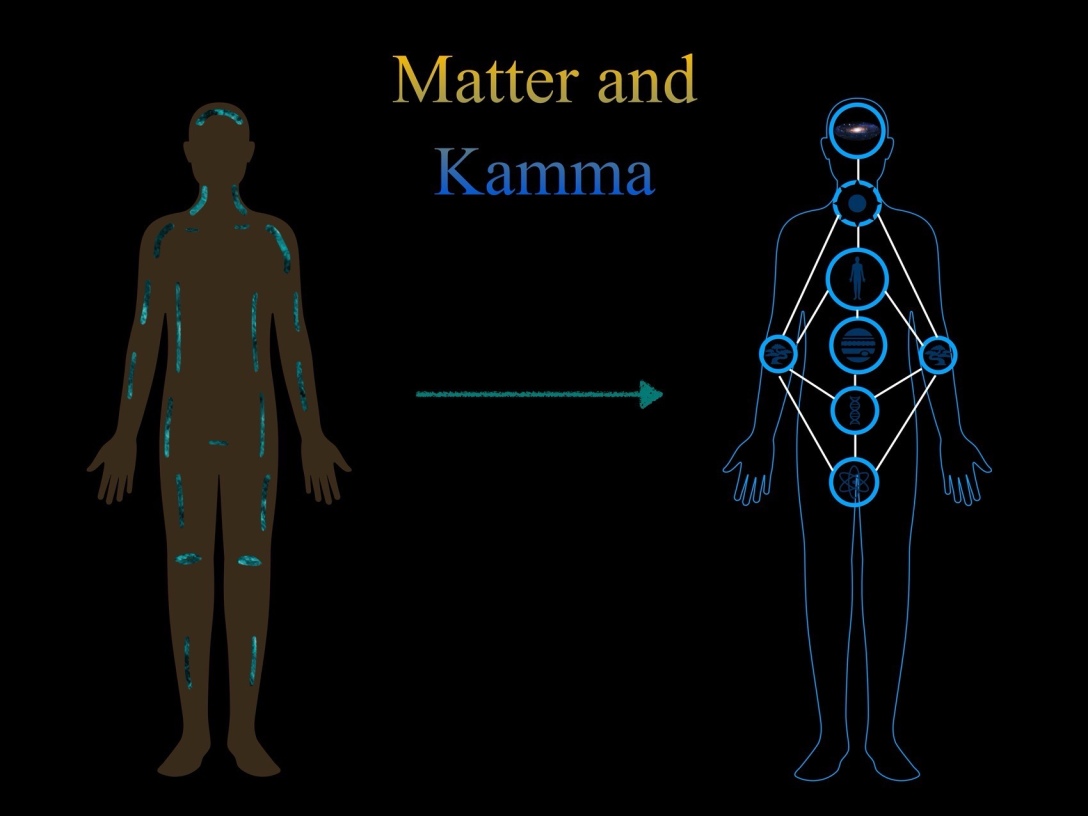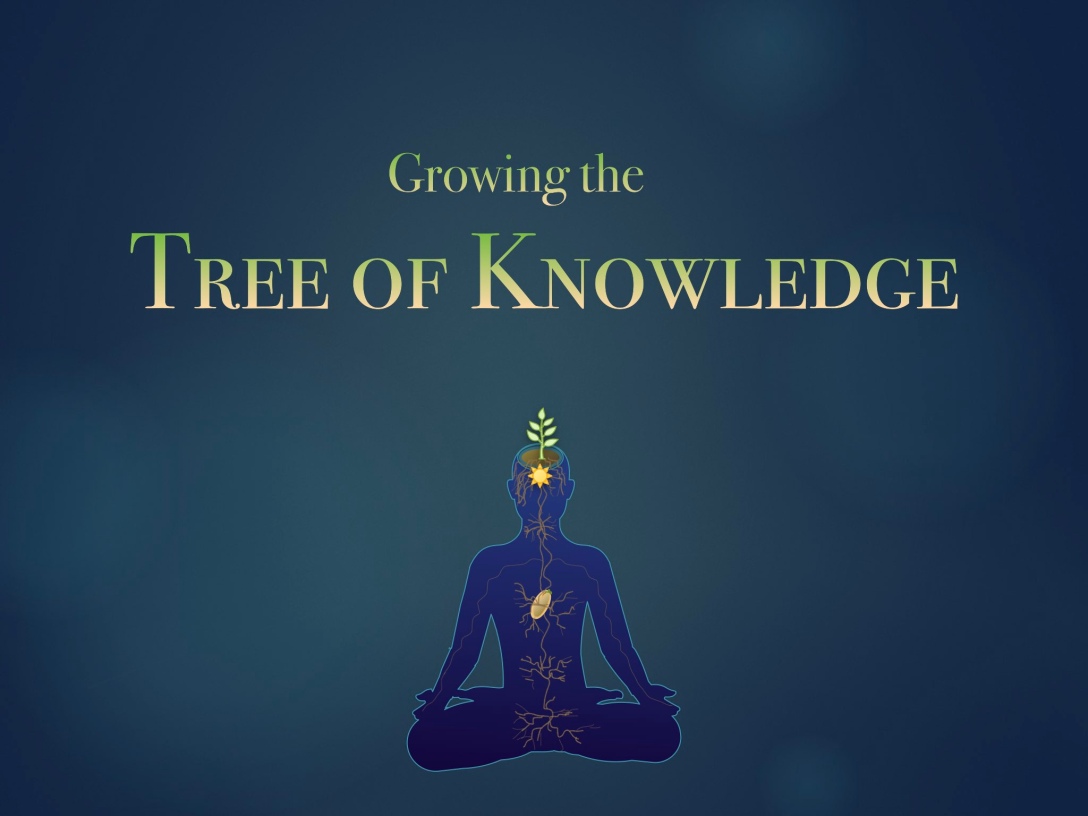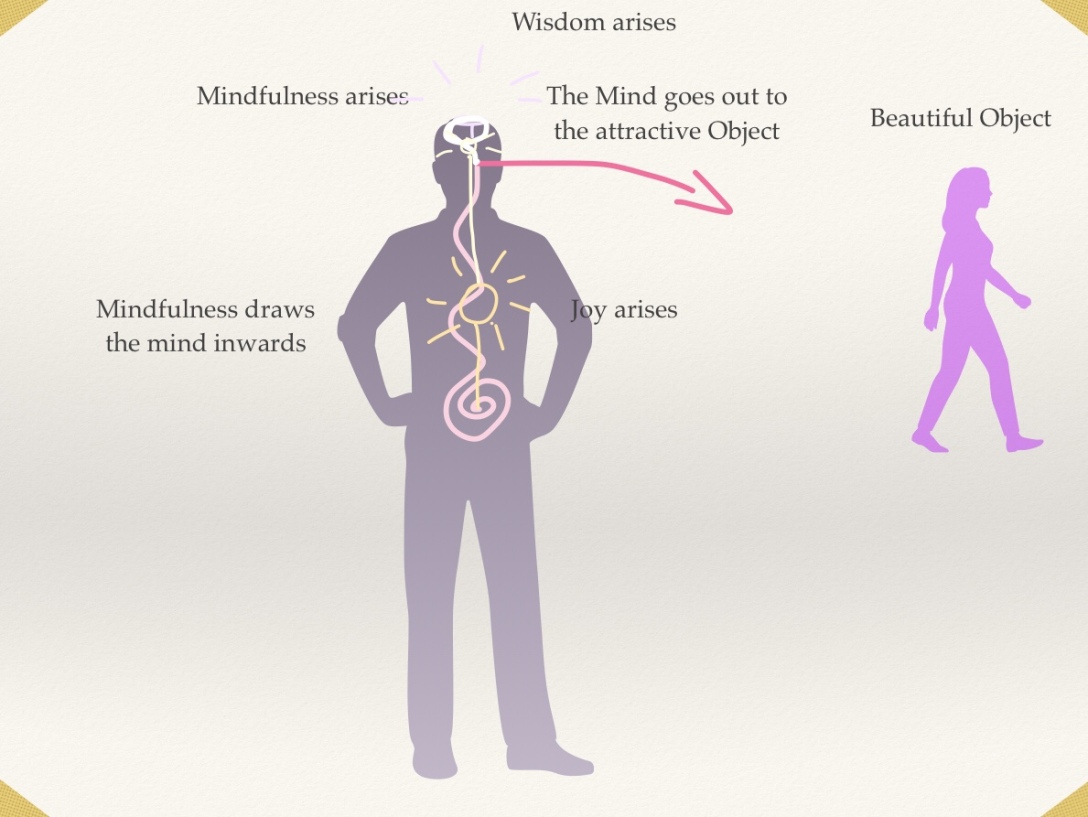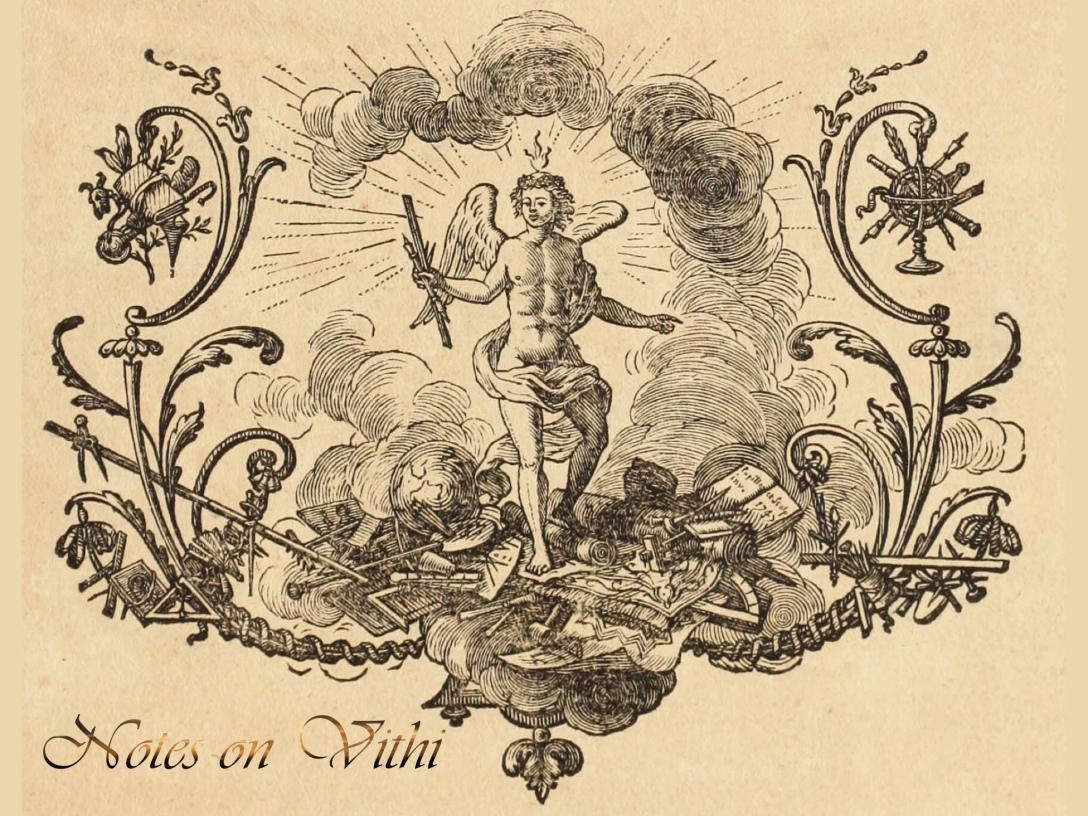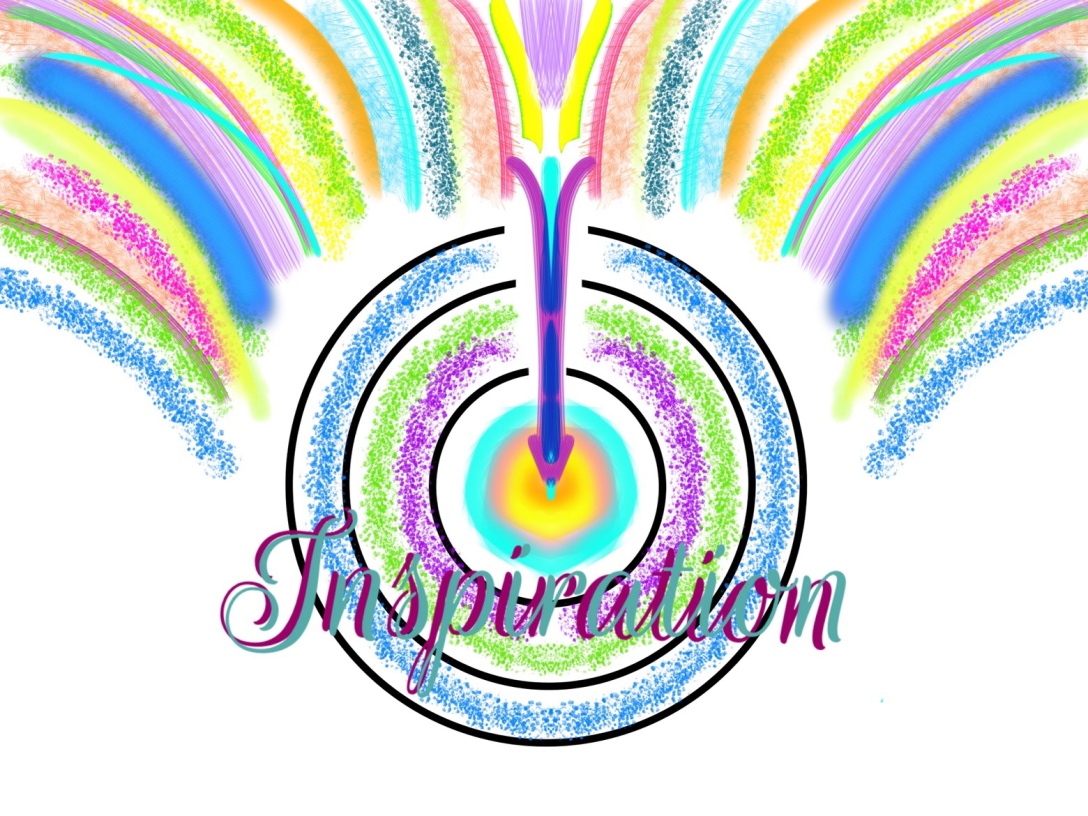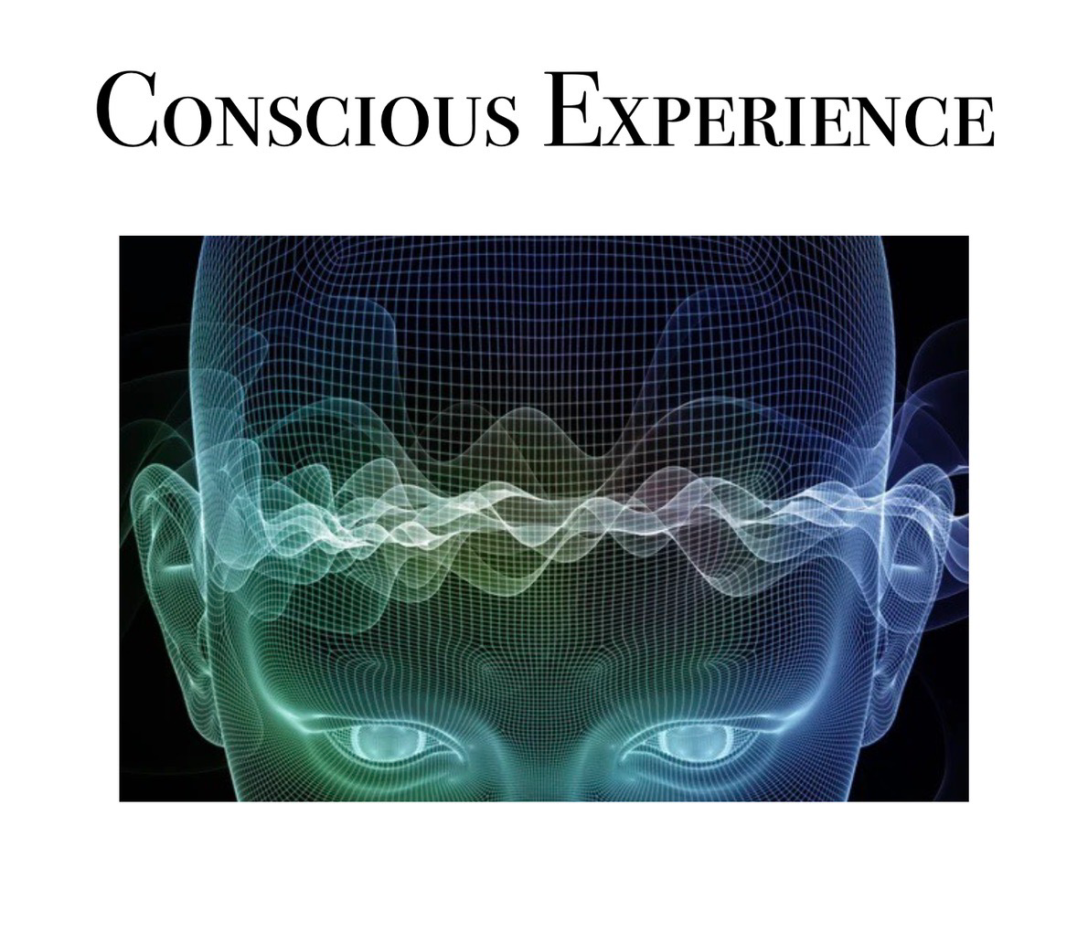In the ancient world, the wise man was often called the knower of the gods. The gods signifying hidden entities which were believed to be the controlling agents of the world. Entities which were accessible only to those who were initiated into their mysteries. In modern times too, there are wise people investigating hidden entities, only now they are designated 'forces of nature'. The understanding of them, similar to the understanding of the gods of old, can give them certain powers over nature. The modern means of their studies being called the 'Sciences'. A word coming from the meaning 'to know'. The Buddhist Abhidhamma system being almost a blend of both, might be thought of both as an ancient system of 'scientific knowledge' or a 'divine science'; only its main aim is not so much to explore and explain the outer world, but primarily how the inner world of each individual is ruled and held together. This understanding too shall give the student certain powers, but rather over the forces of his own inner nature.
Moving to www.highermindart.info
Life's all about keeping movingAnd in the process to keep improvingAn ever forward going walkIn which experience leaves a mark So it is too with this siteFormerly it was quite narrowNow it becomes wide First it's body was oneNow it changed to another formAnd see there too it changed it's nameTo fit in with a… Continue reading Moving to www.highermindart.info
Dance of Synchronicity
When 2, or 3, or more b’come oneWhen the sense of self is goneWhen separation broken downWhen of unity all thoughts come fromWhen lives, without, within,in unison begin to spinWhen synchronicity wonder worksAnd no thing there which an’one irksThen dear friend contemplate this wonderWhich common life does rend asunderSeek to feel what lofty godHas come… Continue reading Dance of Synchronicity
Being or Being Not
To be, or to be notSuch question is indeed a knotTo find an answer we must seek,What's on life's bottom, What's on life's peakBut not easy 'tis to go such placeFor in common life's spaceEverything is not deep, nor highCommon people just get byBut where to find then lofty heightsWhere to find what oceans depth… Continue reading Being or Being Not
Of Gods and Demons
It is in the mind's thought Where earths fate is wroughtIn the war between light and darkThere seek to understand each sides mark Where gods and demons seek become the lord There wisely you should choose towhere resort And from whom you seek to gain your due reward There are five gods or devas, who… Continue reading Of Gods and Demons
Heaven, Darkness and Between
Heaven is vast,Narrow the earthDarkness and voidness of joyAnd those who goodness seek destroyIs below earths upper soilIn the gloom darkness Above the devas reign in glory,Below the demons play their pranksIt is in the middle were most of us find their ranks However nobody’s rank is fixedAll nature is within usUpwards we may seek… Continue reading Heaven, Darkness and Between
Can Buddhists believe in god?
In modern times Buddhism we commonly find the statement that Buddhists do not believe in god. Therefore choosing Buddhism as your religion means choosing not to believe in god. However, even in countries where Buddhism flourished as the main religion, the urge to believe in some higher force that still is present and did not… Continue reading Can Buddhists believe in god?
An Exploration of Kamma, Rebirth, and the Law of Dhamma
Some thoughts about non-self
The topic of non-self is a problematic topic in Buddhism. Often even Buddhist monks will feel a little bit embarrassed when being asked about it. Many a somewhat thinking person feels suspicious, whether the Buddha got that one 100% right. Because after all, if there is no self, why bother about any such things as… Continue reading Some thoughts about non-self
A Sequence of Spiritual Development
Purejāta-Pacchājāta – Condition of Latency and Manifestation
The condition wherein things, material or immaterial, exist rather as a potential, without actually being manifest, is what is called a condition of latency. It is the condition of mental or material phenomena existing in germ form (the term Purejata literally means pre-nascence).While anything (any phenomena) that already is in existence exists in the condition… Continue reading Purejāta-Pacchājāta – Condition of Latency and Manifestation
Oh Death
Oh death please be my guiding lightthrough lives bewildering maze.And show me where it ends at last,that I shall'nt be surprised.Please warn me at each turning point,that all ways lead to theeFor him who does not know beforeThe risk of foolish spreeBesides, I ask imploringly,please come to my adviceWhen I begin activitiesthat rob my mind… Continue reading Oh Death
The spiritual side to giving
Whenever we give something, whenever we sacrifice something from whatever material goods we possess, or from our time, …we are going against the stream of the world. We are going against the worship of matter. And we make spiritual things more important than material things. And whenever we make spiritual things more important in our… Continue reading The spiritual side to giving
The Factors of Jhāna (with audio description)
This is an idealised version of the arising of the Jhāna factors,...mainly for making clear the meaning of the terms. In actual practice, things might not progress as smoothly as depicted here. The light shown, in Buddhist terms is always a manifestation of the 5 spiritual faculties (Indriyas), that is, faith or inspiration, energy, mindfulness… Continue reading The Factors of Jhāna (with audio description)
Can Dhamma be heresy?
If I'd be asked: "Dost thou believe in god, a creator?",I'd say to him: For you it might be odd, I'm not a traitor,but with surety I can only say:A god that dost create, be he imagined or be he real,if his creations skill display,I not abhor, nor will I reel;And if his creations reach… Continue reading Can Dhamma be heresy?
Make your Heart Ideal
Draw your ideal in your heartThat is in truth the highest artOr better still,Chisel thy heart into the form of your idealElse quickly ye may fall b'low lives wheelb'cause the morrow will weed out the chaffAnd turn to compost all useless stuffA compost that's needed only for the seeds of promisean ideal flower for which… Continue reading Make your Heart Ideal
How to make Dhamma concepts real?
Perhaps you might have heard from someone, that killing other living beings, is bad. Yet, your reason tells you, that if you catch yourself a chicken from the forest, chop off the head and roast it on a nice little fire,…this makes you free, this makes you independent. Only good seems to follow. But then,… Continue reading How to make Dhamma concepts real?
Dhamma Niyāma – The Law of Holiness
As choices become more consistent and as the mind grows in its capacities of making intelligent kammical calculations that are in alignment with those choices, individuality reaches its peak. Ultimately the mind will then seek to know, what the worthiest of goals to aspire to is. Hence it sets out to study life with an… Continue reading Dhamma Niyāma – The Law of Holiness
Why creating a meditation diary is important for Meditation
One essential thing for a meditator who starts out on the meditators path, is to keep (or create) a meditation diary. This website, but more so my book (can be found for here), may be seen as one example of a meditation diary. Thus it could serve as a general framework for the creation of… Continue reading Why creating a meditation diary is important for Meditation
From Matter to Consciousness
The Buddhist 5 Khandhas Revised Matter If you but seek’st enlightenment; first it's opposite must comprehend. But what is the opposite of spirit? Tis matter whose coarseness is most vivid. But what is matter?, we might ask. Everything, that you can grasp. Anything, that you can see, can touch, can hear, or smell, belongs indeed… Continue reading From Matter to Consciousness
Developing Mettā Meditation by Understanding Emotions and Energy
With every mental impulse, your body throws off particles of energy. Strong mental impulses produce a larger quantity of these particles. And how far these spread is largely dependent on the together-play of your physical vitality, with the strength of the emotion or mind-state. Now, when you have trained to be sensitive towards finer matter,… Continue reading Developing Mettā Meditation by Understanding Emotions and Energy
How to develop right attraction?
Many a one would like to increase his own power of attraction, that is, his own capacity to attract whatever he may happen to like. Yet, he does not know how such an end could be pursued intelligently. By repeatedly wanting things, no doubt a certain power builds up and by repeatedly wanting a thing… Continue reading How to develop right attraction?
The Fool and the Wise
The fool and the wise often are equally simple natured beings. The main difference therein is, that the fool unconsciously yields to laws which he neither perceives, nor understands. While the wise consciously cooperates with laws he perceives, because he knows, not cooperating with them produces suffering. But what are the laws the wise understands,… Continue reading The Fool and the Wise
A Sequence of Meditation (and an insight into Kasina Meditation)
Nowadays, what is now often termed ‘mindfulness meditation’ is becoming quite popular. Oftentimes people are advised to do things, like walking, very slowly, while paying attention to what they experience, in such case especially in the legs. Here I want to show how the process from attempting to become aware of sensations in legs and… Continue reading A Sequence of Meditation (and an insight into Kasina Meditation)
Practical Application of the Patthana Conditions
The Paṭṭhāna, in traditional Buddhist countries often thought of as the quintessence of the Buddha's wisdom, is on the other hand amongst Buddhists of the non-traditional type more often rather thought of as a bizarre curiosity of later human scholasticism. Be that as it may, in here I want to offer some food for thought,… Continue reading Practical Application of the Patthana Conditions
Overcoming emotional troubles and Learning the meaning of labelling in Meditation
Inter-human relationships, although we derive pleasure from them, are very often the greatest sources of suffering for human beings. Antagonism, animosities and conflict situations play a smaller or larger part in pretty much everyone's life. And the growing realisation of this is certainly one of the major reasons for the growing interest in meditation in… Continue reading Overcoming emotional troubles and Learning the meaning of labelling in Meditation
Five Spiritual Faculties
Every person who through proficiency in some skill rises himself up above his fellow human beings, does so through having found some way of cultivating a dynamic interaction of these 5 spiritual faculties. That is through: Inspiration, Exertion or Vigour, Clarity, Inner Unity and Wisdom. But, although it might be easy enough to understand them… Continue reading Five Spiritual Faculties
A Small Outline of Consciousness
This is just a small overview, to give some basic understanding about consciousness. For the purpose of easier study of the mind. Before the arising of the most rudimentary forms of mentation, primarily during deep dreamless sleep, there is the condition of utter unconsciousness. This is termed the stream of bhavanga, which being "all unconscious",… Continue reading A Small Outline of Consciousness
Jhana in Practice
Here an example of the relevance of understanding the proper foundations upon which the mind may function. Besides, this example also illustrates the meaning of the Jhāna factors in actual meditation practice. As you focus on your in-breath and out-breath, gradually your brain becomes clear. Thus you begin to notice that inside your body some… Continue reading Jhana in Practice
Is Rebirth immediate?
In Buddhism there is a bit of a quarrel amongst different schools in regards to the question of rebirth. The question being as to whether there is a gap between one life and the one to follow or not. So here I want to give some food for thought, which hopefully will at least for… Continue reading Is Rebirth immediate?
Development of Faculties
Here some example of how sense-perceptions, coupled with some knowledge of the Abhidhamma may be used to initiate the development of higher faculties. For example you observe some animal, for instance a cat. And trying to sharpen your faculties, you see if you can get to understand something of the inner side of the cat.… Continue reading Development of Faculties
Healthy Mindfulness
Nowadays it is perhaps more important than ever, that we learn to better look after ourselves and gain greater control over the workings of our body. Thus increasing our potential for warding off disease and for developing greater resilience. For accomplishing that more effectively, I want to offer this small pictorial description of the basics… Continue reading Healthy Mindfulness
Anantara Paccaya – Condition of Combinations
A combination is a coming together of various elements, material or immaterial, to form a new whole. In fact, the whole universe is but a combination of elements. But to start small, comprehending this condition in childlike simplicity, we seek to understand it first in matters of the four elements. Thus we may observe, how… Continue reading Anantara Paccaya – Condition of Combinations
Continuity
Sometimes people studying Buddhism, especially in relation to the vipassanā schools, end up with some conclusion that there is no continuity in mental and material phenomena…So here we want to give some food for thought related to continuity.In matter of the most rudimentary form, one may think how at times one thing pretty much bumps… Continue reading Continuity
The Life of Music
An Example of developing the Spiritual Faculties There are uncountable ways in which we could use the Abhidhamma system to develop our faculties. And a true meditator will ever be on the lookout for some opportunity for doing that. For example, you hear music somewhere played, and being accustomed to meditate on the four elements,… Continue reading The Life of Music
The Chain of Becoming (or the Law of Dependent Origination)
The Chain of Becoming (often called the Law of Dependent Origination (Paticca samuppāda)) is perhaps the most famous of Buddhist Laws. Discovered by the Buddha and prescribed by him as one of the most fundamental principles to comprehend, it is a chain of 12 links, which is spanning the whole of human life in a… Continue reading The Chain of Becoming (or the Law of Dependent Origination)
Attraction and Unity
Here an example of how some understanding of the physiological processes and mental sequences described throughout this website, may be used to describe a meditative process of overcoming some personal problem. The benefit of which should be compared to the benefit of being able to describe music using notes. For example, you find that you… Continue reading Attraction and Unity
Looking for the Meaning
Very often we find different teachings on similar subjects or identical phenomena and we do not know, which one to believe. In the psychology of traditional Buddhism for example there is a teaching that the mind arises as a process of 17 mind moments, each possessing an arising, standing and perishing phase, happening so fast… Continue reading Looking for the Meaning
Nimittas – Signs of Samadhi
A nimitta is a sign, that indicates, that the meditator has gained some amount of concentration. Principally is any sign of concentration a nimitta. Thus there may be just a feeling of stability or calm or lightness, or certain mental factors such as happiness or equanimity, or there may arise some visual perception such as… Continue reading Nimittas – Signs of Samadhi
Aññamañña Paccaya – Condition of Correspondence
Wherever two (or more) phenomena possess similar characteristics, a correspondence between these two phenomena can be seen. And whatever is known about one of them, may hold true also about the other. That is, any point of contact between two things known, may permit a certain exploration of things unknown, for him who comprehends this… Continue reading Aññamañña Paccaya – Condition of Correspondence
Upanissaya Paccaya – Condition of Interdependence
No phenomenon is a single isolated unit. All things are in some way interrelated. And being thus, the condition of one thing usually depends on the conditions of various other things. Using the consideration of the four elements again as a basis, we may gain the first grasp of the fundamental nature of this condition.… Continue reading Upanissaya Paccaya – Condition of Interdependence
Meditation on The Four Elements
Should a person desire to practice Four Elements meditation as a subject for establishing mindfulness, he should frequently recite to himself the names of the primary elements and further on, extend the recitation to include the main characteristics of the elements. Thus he might first recite earth, water, fire, wind,… earth, water, fire, wind… earth,… Continue reading Meditation on The Four Elements
Bīja Niyama – The Law of Organic Life
Bīja literally means 'seed', in the sense of 'germ of life'. Thus this law called Bīja Niyāma, is essentially the law that governs the growth of organic life, from the smallest germ to the birth and growth of higher beings. When some small particle of matter, surrounded by a medium of water which is neither… Continue reading Bīja Niyama – The Law of Organic Life
Physiology of the Pathway to Heaven
Here I want to show, higher meditation experiences usually will only occur, when at least part of some higher Dhamma knowledge has become intuitive. Below I give one example of a successful meditation; and in regards to it, I want to invite the reader to look if he can not find proves of an intuitive… Continue reading Physiology of the Pathway to Heaven
Learning and what Hinders it
Conceiving of a past and a future and a good and a bad, the mind seeks to make more often decisions that assure a greater 'good' in the vaster space of the future. Yet, as it may oftentimes be undecided as to the good and the bad of things, it seeks for outside sources of… Continue reading Learning and what Hinders it
Physiology of a Celibate’s Demon
Now, our body needs nutriment. When we eat our food, that food gets digested in the stomach and then send further downward to the lower intestines. Along our spine, there are many nerve threads extending forward to the interior of the body, at some places only few, but at some places collecting into vast nerve-bundles.… Continue reading Physiology of a Celibate’s Demon
The Arising Of Light
This is a small animation, showing how meditation may progress from the primary stages to those further onwards. The Arising of Light The light shown, in Buddhist terms is always a manifestation of the 5 spiritual faculties (Indriyas), that is, faith or confidence, energy, mindfulness, a capacity to unify the mind and wisdom. the-arising-of-light.movDownload
Acquiring Knowledge
Principally should the study of this system give a person the key to comprehend any teaching or statement or problem whatsoever, be it religious, mathematical, philosophical, biological or what ever else. Because, although there is a certain relativity to all truths spoken or written down, there is but one universal truth which may be approached… Continue reading Acquiring Knowledge
Sampayutta Paccaya- Condition of Attraction
Whenever one phenomenon is, by virtue of its own qualities, pulling towards itself another phenomenon, it is called attraction. On all the conceivable scales of life, can there be found this condition of attraction. Matter from the tiniest of particles, to the matter of the whole universe is kept together through the condition of attraction.… Continue reading Sampayutta Paccaya- Condition of Attraction
Utu Niyāma – The Law of Physical Nature
Utu Niyama - The Law of Physical Nature The Buddha declared, that an absolute beginning of things can not be found. Yet in regard to the phenomenal world, whether on a grand scale or in the very tiny things, all things are understood to possess these two sides of a spectrum, one being the beginning… Continue reading Utu Niyāma – The Law of Physical Nature
Kamma Niyāma – The Law of Kamma
Kamma Niyāma - The Law of Kamma Kamma Niyāma is the law of will or intention. Whenever the mind based on previous investigation and classification (of some sense-sphere phenomena) is thinking a thought, that thought will incline in one direction or another (usually dependent on how something was classified). When that direction of thought, becomes… Continue reading Kamma Niyāma – The Law of Kamma
Kamma Paccaya, Vipāka Paccaya – Condition of Intentional Acts and their Results
Kamma as a Paṭṭhāna condition, refers to the condition wherein actions, but more specifically mental acts of will or intention are acting as a cause to produce some particular result (mental or material) in the future. Whereas the condition of Vipāka refers to the result of past actions and intentions, either in the form of… Continue reading Kamma Paccaya, Vipāka Paccaya – Condition of Intentional Acts and their Results
Magga Paccaya – Condition of Paths
When conscious processing is pointing in a definite direction, in that the mind's choices become more consistent, consciousness gets established on a certain path. Yet, this Path-condition refers not only to paths brought about through choice, but to any path, brought about through choice or brought about through circumstances, spiritual or worldly, good or evil.… Continue reading Magga Paccaya – Condition of Paths
Atthi Paccaya, Natthi Paccaya – Condition of Presence and Condition of Absence
Presence Condition (or condition of being) is referring to the existence of mental and material phenomena in the limited space of the "Now". While the condition of absence is referring to the opposite, that is, to the non-existence of mental and material phenomena in that limited space of the "Now". A question about being and… Continue reading Atthi Paccaya, Natthi Paccaya – Condition of Presence and Condition of Absence
Āsevana Paccaya – Condition of Repetition
The term Āsevana means both repetition and practice. Repetition is what establishes, makes strong and develops, both in regards to mind and matter. And, in its own boundaries, whatever it is that is repeated, becomes gradually easier with each repetition. Starting small, beginning again with a consideration of the four elements, we may acquire a… Continue reading Āsevana Paccaya – Condition of Repetition
Jhāna Paccaya – Condition of Meditation
A condition of meditation, is a condition wherein the mind seeks an escape from matter. Meditation is about finding the middle path. And this applies also to our familiar consideration of the four elements. Each of the four elements has its own distinctive qualities, some of which are seeked to be overcome through meditation, while… Continue reading Jhāna Paccaya – Condition of Meditation
Vigata Paccaya – Condition of Dissolution and Destruction
All phenomena sooner or later come to a condition of fading, dying and disappearance. And becoming thus, they are instances of this condition. This condition may perhaps equally be translated as 'going asunder', 'falling apart', 'moving towards destruction', or the familiar Buddhist favourite, 'impermanence'. Old age, sickness, death, loss of property, loss of relatives and… Continue reading Vigata Paccaya – Condition of Dissolution and Destruction
Ahāra Paccaya – Condition of Fuel or Nutriment
Nutriment or Fuel condition refers to the way in which a particular physical thing or mental state or process is supported in its further growth. Most people will have had some experience of this condition when their mind was running wild due to having too much fuel from the senses. Traditionally there are 4 kinds… Continue reading Ahāra Paccaya – Condition of Fuel or Nutriment
Samanantara Paccaya – Condition of Sequences
Expressed in matters of the four elements, is the sequence condition, being a forward movement, primarily an aspect of the wind element. But, being a forward movement along definite lines, it may be thought of as the wind element guided by the earth element. Yet, thinking of all the elements in relation to this condition,… Continue reading Samanantara Paccaya – Condition of Sequences
Sampayutta Paccaya (alternative)- Condition of being Sympathetic
Sampayutta Paccaya describes the conjoining-ability of mental and material phenomena. That is a capacity to form a sympathetic relationship or new whole (synthesis). There are definite laws as to what kind of things can exist in a conjoined relationship and what can't. As for example when the material substance of milk is mixed with water,… Continue reading Sampayutta Paccaya (alternative)- Condition of being Sympathetic
Avigata Paccaya – Condition of Retention or Lastingness
As the great oceans retain their waters without diminishing, or as large civilisations and empires often continue for long periods of time, so do phenomena of all scales at times continue, retaining their primary qualities for long periods of time. Amongst the four elements in the abstract sense, is the element of earth, the element… Continue reading Avigata Paccaya – Condition of Retention or Lastingness
Sahajāta Paccaya – Condition of Synchronicity
Whenever two or more phenomena become attuned to each other, they temporarily become more than singular, separate phenomena and may at that time function almost as one. .... When we relate synchronicity to the four elements, we can find only a rather simple dynamic: that of a passive element being receptive to the active nature… Continue reading Sahajāta Paccaya – Condition of Synchronicity
Adhipati Paccaya – Condition of Reigning /Governing
Adhipati paccaya, reigning or governing condition, describes the condition of one thing, that is either an outer object or condition, or internal mental factors, such as desire, exertion, investigation or thought governing a persons consciousness. For the most part this condition is concerned with conditions on the human scale. Thus, there are five ruling principles,… Continue reading Adhipati Paccaya – Condition of Reigning /Governing
Indriya Paccaya – Condition of Faculties
Faculties refer to the various capacities and powers a person, or more accurate, mental or material phenomena, may possess. Through past intentions to do, to see, to hear, feel and think (etc.), a being acquires certain material as well as mental faculties. Some of which are designed for the knowing and comprehension of the world… Continue reading Indriya Paccaya – Condition of Faculties
Hetu Paccaya – Condition of Inner Establishments
Hetu Paccaya, often translated as root condition, is too describe the condition of an inner establishment of mental or material phenomena. There is a twofold classification of roots or inner establishments. The first one is along the line of capabilities. The second one is along the line of wholesome and unwholesome. The first root, is… Continue reading Hetu Paccaya – Condition of Inner Establishments
Vippayutta Paccaya – Condition of Repulsion
All forces have their counterparts. The reverse of the previous condition, this condition describes how and why mental and material phenomena repel other mental and material phenomena. Antagonisms, conflicts, wars, hatred and fear, and even diseases are examples of this condition of repulsion. But why are there conflicts, why are there wars? How can our… Continue reading Vippayutta Paccaya – Condition of Repulsion
Ārammaṇa Paccaya – Condition of Objects
Ārammana, usually translated as objects, may more accurately be thought of as supports of the mind (and the senses). Thus, this condition is describing any relation between mind or matter (as in the case of sense-base matter) and an supporting object. Any consideration wherein "my house", "my country", "my friends", "my relatives", "my property" etc.… Continue reading Ārammaṇa Paccaya – Condition of Objects
Nissaya Paccaya – Condition of Foundations
In life, all things build up on some foundation. Everything somewhat stands on something. And this is what defines this condition. In matters of the four elements, this condition is symbolically represented by the element of earth. But in more concrete terms, at least three of the elements may be seen to act as a… Continue reading Nissaya Paccaya – Condition of Foundations
Citta Niyāma – The Law of Mentation
Citta Niyāma- The Law of Mentation Citta Niyāma is the law of mind. It is the law that governs the appearance and sequence in regard to mental phenomena. Even as the coarsest and deadest of matter, contains in it the potential for life, in that, by chance it might combine with a material sympathetic with… Continue reading Citta Niyāma – The Law of Mentation
Concepts 2
A concept is a synthesis of mind-objects (bits of information) arrived at through mental processing. Through processing the objects of the 5 senses, as well as through learning, the mind evolves concepts about the world which enters through the senses. These concepts once anchored in him (lit. 'taken in'- tadārammaṇa) will bind him to that… Continue reading Concepts 2
Connected Understanding
Our Body transforms food into energy,... that energy travels through the body along certain channels (the bloodvessels for the most part). Apart from that, there are certain centres in the body where many nerve-ends come together. These nerve-ends are in direct contact with what is now called the sub-conscious mind...which is in turn in contact… Continue reading Connected Understanding
Anger, Desire and Delusion
Anger Anger is life resisting life. It is when life is identified with what it is not, that it resists its own flow. But as lives vision of life becomes more complete, life learns to flow with life in an unobstructed manner. Anger is a form of resistance of the higher part of ourselves,...an awareness… Continue reading Anger, Desire and Delusion
Conditions of Emotions using the Abhidhamma method
EmotionEmotions are the first stirrings of a latent mind seeking manifestation For doing work with/ for collaborating with some of the good forces of this universe,...big or small...we’d better try to learn about their nature and what they can do for us... Here only some example of how such understanding might look when seen from… Continue reading Conditions of Emotions using the Abhidhamma method
Unwholesome Emotion
If we want to learn how to transcend unwholesome states of mind, we need to make a start in understanding those little understood inner forces that we experience as undesirable emotions. It is only through true understanding, that we may transcend the ignorance which is at the root of all unwholesome emotions. Here only two… Continue reading Unwholesome Emotion
Pleasure, Pliancy, Flow and Brightness
Kamma, Meditation and Rebirth
For a Buddhist practitioner, gaining a comprehensive understanding of the law of kamma, is one of the essential things to aim at. So, here a small elucidation of this very fundamental law along the line of Abhidhamma. Some Explanations on the Workings of Kamma Suppose, for example a good meditator, attains samadhi, and picks up… Continue reading Kamma, Meditation and Rebirth
Using Self-Knowledge to Cure Physical Problems
The Abhidhamma too may be useful when encountering physical problems. For example: Learning to recognise the four elements, may help a person to make a start in balancing out coarse imbalances of those elements inside the body. How this can be done will be elaborated on below. Understanding the natural sequence of the functions of… Continue reading Using Self-Knowledge to Cure Physical Problems
Insight into Rebirth Conditions leading to the lower Realms of Existence
It is usually the lack of capacity of an organism and the higher faculties to respond to higher ideas and positive (or attractive) sense-impressions, that will lead a person to rebirth in the lower realms of existence. Ghosts will be held in the sense-sphere realm due to a certain desire related to that sphere…they will… Continue reading Insight into Rebirth Conditions leading to the lower Realms of Existence
Dissatisfaction
You find yourself being dissatisfied with your life…not doing what you would like to do…doing what you don't really like to do… Getting a handle on the situation you might want to analyse it during a more clear moment of your day, in order that you might find a solution to it (as for most… Continue reading Dissatisfaction
Application of the Knowledge of the 5 Niyamas
Once a person has acquired an understanding of natural laws and the natural sequence of those laws, he will have to order each item of importance under the functionings of those laws. That is, how anything that he would like to understand properly, is working out or is functioning under the governance of each of… Continue reading Application of the Knowledge of the 5 Niyamas
Dreams, Hallucinations and Thoughts below the Threshold of Consciousness
These are the mental activities of Life left to itself They constitute the first stirrings of a latent mind seeking manifestation. Their essential characteristic is that mental activity and thought are entirely governed by sensation and bodily processes. Yet, analogous to the generation of concepts through mental processing, during these processes, there happens a synthesis… Continue reading Dreams, Hallucinations and Thoughts below the Threshold of Consciousness
The Path out of Suffering
Bīja Niyāma (2)- The Law of Organic Life
Bīja Niyama is the law of organic life. Bīja literally means 'seed', in the sense of 'germ of life'. Thus, Bīja Niyama, is essentially the law that governs the growth of life...from plant growth to the birth and growth of higher beings. All the immutable facts of life, prove the existence of the law that… Continue reading Bīja Niyāma (2)- The Law of Organic Life
Improving Nature to transcend Suffering-Cycles
Nature is cyclical and moody, …sometimes she gives, sometimes she takes Mans inner nature too is cyclical and moody Yet, to some degree man has proven a capacity to move beyond certain cycles.. towards a direction not indicated by nature Although, this has brought with it various definite complications, it has yet allowed man to… Continue reading Improving Nature to transcend Suffering-Cycles
Rebirth
Dependent Origination
Dependent Origination as a Formula to Comprehend Life Unfathomable like the deep dark depth of the earth, is the deep dark depth of ignorance, out of which in random fashion sprout formation after formation. Those are the kammical seeds of an unthinkable past, which like little saplings whose planting has been long forgotten pierce through… Continue reading Dependent Origination
The Mental process in Human Development
For gaining a clearer understanding about the mental process, we might consider about it in the light of human development and its relation to the higher faculties. Example: A person receives an impression from outside...A strong person oppresses a weaker one... First level of development...The third person receives the impression, and after that his mind… Continue reading The Mental process in Human Development
Ways of Knowing the Truth
How to know the Truth? If your only sphere of knowledge is the sensory world,...It does not make much sense to concern yourself with as to whether something is ultimately true, rather your best judgment can only be as to whether something makes sense or not. If it does not make much sense, leave it… Continue reading Ways of Knowing the Truth
Intuition
Based on knowledge, there may arise a certain faculty, that can perceive a myriad things at one singular glance. This faculty may be termed intuition. It is, when a mind possessed of knowledge, becomes aware of a certain thing, that there becomes possible a synchronising (a-tuning) of the mind with its object of perception. This… Continue reading Intuition
Tackling Chronic Pain Through Meditation
Movements of Kamma
The Inner Science
In the ancient world, the wise man was often called the knower of the gods. The gods signifying hidden entities which were believed to be the controlling agents of the world. Entities which were accessible only to those who were initiated into their mysteries. In modern times too, there are wise people investigating hidden entities,… Continue reading The Inner Science
The Patthāna
An overriding theme of all mystical and contemplative traditions is, the question: "By knowing what, one may come to know all ?"... for the answering of which, systems have been developed, aiding the practice delineated in the scriptures of the respective tradition. 'The Paṭṭhāna' is the system of Synthesis, that is, once a person has… Continue reading The Patthāna
The Problem of Good and Evil
Good begets good, bad begets bad. Most people, at the very least have heard such saying. Yet, although there may be situations in life where it is quite obvious what is good and what is bad, many times in life we may come across situations in which it is difficult to decide which road or… Continue reading The Problem of Good and Evil
Intention and Kamma
Intention is the minds direction. As the mind has learned to give meanings to the objects surrounding it, and based on that made evaluations along the line of 'good' and 'bad', it begins to make consistent choices. This is how kamma gets accumulated. When the mind makes a certain decision in one direction or another,… Continue reading Intention and Kamma
Teachings on Matter
The 4 Elements The four elements were known to most cultures of the past (although in some cultures there were 5). To get any handle on matter, making it an object of the conscious mind in order to diminish its hidden influence over that mind, one has to somewhat learn to classify it. Only in… Continue reading Teachings on Matter
Bhumis – Planes of Existence
As a person grows in purity, slowly an understanding of the difference between body and mind begins to develop. Hence, the mind becoming purified, perceives itself as an entity apart from the body. This in turn naturally leads to the question of the condition of the mind after the death of its physical encasement. This… Continue reading Bhumis – Planes of Existence
Short Thoughts and Unclear Thinking
Does it sometimes happen to you, that you have a great idea or a good thought in general, or perhaps even an answer to a question that was for long in your mind, but it sort of evaporates before it is really finished...? Right Thinking is one of the factors of the Buddhist noble eightfold… Continue reading Short Thoughts and Unclear Thinking
Pañca Niyama – Laws of Existence
By learning to comprehend different relations between mind and matter (as shown in the post on the Paṭṭhāna conditions), as consciousness grows ever grander and more-encompassing, it may slowly come into a position to gain insight into the laws governing the entirety of phenomenal existence. And those are the Niyāma of which the Buddhist System… Continue reading Pañca Niyama – Laws of Existence
Summary of Patthāna Conditions
“To understand means, to understand all,...to understand only in part, means to not understand at all” 'The Paṭṭhāna', traditionally regarded as the quintessence of the Buddha's wisdom and as the surest proof of his omniscience, is a system which, in mathematical order, seeks to expand the comprehension of matter, mind and consciousness delineated in the… Continue reading Summary of Patthāna Conditions
A Small Analysis of Boredom
Boredom seems to be one issue of a great many people…so here some analysis as to what boredom is made up of and how to counterbalance it. Mental Factors:Desire for change Aversion to what is present Mental Life faculty being weakRestlessness Feeling: neutral to slightly unpleasant Perception: dull awareness of lackThought directed at change of… Continue reading A Small Analysis of Boredom
Kamma-born Matter
Whenever you say something, and later, whenever you think something,...you have to feel into the body, as to whether it is true or not...the body is closely connected with the past bhavanga and vibrating bhavanga ...your first measuring stick might be only as to whether your energy body is straight or whether it contains many… Continue reading Kamma-born Matter
Bhavanga to Samadhi
The bhavanga is one key concept of Buddhist thought. Usually translated as life-continuum, it is more literally ‘that wherein one’s life is rooted’. It is in fact referring to the same phenomenon that in modern times is called the subconscious mind. In other places I sometimes used the word "life-stuff" (especially in relation to the… Continue reading Bhavanga to Samadhi
Conscience and Intuition (Sila-,Samadhi-,Pañña-Sikkha)
Very often people find it difficult to find a point of contact in their own experience with certain ideas that they yet consider to be somewhat important to know about. So in this blog, I try to give some clue about how to consider about two very important faculties of mind: 'Conscience' and 'Intuition'. Therein… Continue reading Conscience and Intuition (Sila-,Samadhi-,Pañña-Sikkha)
Choice eradicates Complexities
Path of Meditation
Concepts and Bonds
Seeing the frightening nature of a condition where he can hold onto nothing and rely on nothing, man builds up concepts of the world he finds himself in. Then in the course of his development, through upbringing and education, a person learns to respond more to those concepts that he has acquired, than to mere… Continue reading Concepts and Bonds
Growing the Tree Of Knowledge
Breaking Bonds
A human being is a social being,…that is why one of the major sources of human suffering arises through the interaction with other human beings. So, especially people seeking to be a guide for others, have to understand the dynamic of such type of condition and be able to give a possible solution to the… Continue reading Breaking Bonds
Time
Most people never have enough time, rarely have a good time and in general time seems be something that works usually against them. A person working on a spiritual path can not get around the problem of time…acquiring more control over ones life means also acquiring more control over time… For getting a handle on… Continue reading Time
Drawing the Mind Inwards
A small video sketching the process of drawing the mind inwards. https://videopress.com/v/AeFaRV1y?autoPlay=true Drawing the Mind inwards
Philosophical Notes on Vithi
The Vithi model shows the mind as a sequence and depicts the order by which mental phenomena occur. Apart from that, it indicates, that certain aspects of cognition/ of processing Information have perhaps more significance than others...As man learns to master the world in which he finds himself, initially he will be so to say… Continue reading Philosophical Notes on Vithi
Kamma and The Law of Attraction
This is just a brief sketch of how our mind and attitude is conditioning the reality that we are experiencing. Showing the connection between two very fundamental laws of existence, the law of attraction and the law of kamma. By allowing ones mind to remain stuck on the surface of things...the mind takes on the… Continue reading Kamma and The Law of Attraction
Concepts
CONCEPTS & HIGHER TRUTHS A concept is a synthesis of information arrived at through mental processing. Through processing the objects of the 5 senses, man evolves concepts in regard to the world in which he finds himself...These concepts once anchored in him (lit. 'taken in'- tadarammana) will bind him to that particular sphere of existence.… Continue reading Concepts
3 Stages of Learning and Development
What type of things you learn, will determine what images or visions might arise at a later stage of your development ...if you learn things related to meditation and then meditate,...there is more possibility of knowing what to do in meditation... If the words and images you put into your mind relate to Life and… Continue reading 3 Stages of Learning and Development
The Vithi in Meditation
Some insight into the process and the terms If an disturbing object enters the domain of the 5 senses...the meditator might have to advert his mind towards it...investigating it, he might find a suitable name for it (determining/classifying it)...having found a suitable name, he will have the possibility of thinking rightly (or wrongly) about it...the… Continue reading The Vithi in Meditation
Remembering and Forgetting
In ordinary life in order to accomplish something, you have to develop a desire for it and then maintain as an attachment. In meditation too, ...often we build up tensions in order to remind ourselves of our desire for accomplishing something in meditation when the mind seems to have other plans.. Yet, if you know… Continue reading Remembering and Forgetting
Understanding Bonds and Fetters
A defilement enters your field of mindfulness...you notice that you have just wasted 1 hour (...1day/1 year) rolling in some nonsensical wandering thought or doing some useless activity... you go through your list of unwholesome mental factors, bonds, fetters etc. (ideally in your mind,...having remembered them) ...and instead of getting angry with yourself or agitated,… Continue reading Understanding Bonds and Fetters
Meditators Consciousness
A meditators consciousness draws around itself mental and material conditions of an appropriate type (secluded empty place... if people, perhaps only meditators and spiritual people...thoughts of renounciation, in peace with the world...spiritual thoughts...) Another consciousness (f.ex. teacher consciousness) equally draws around itself the appropriate conditions...students,...people to teach...,mentality of a teacher Thus a person aspiring to… Continue reading Meditators Consciousness
Inspiration
Ancient Methods of attaining Knowledge ‐ Abhidhamma and Astrology
"When I the starry courses know, And Nature's wise instruction seek, With light of power my soul shall glow, As when with spirits spirits speak." Since ancient times, there have been methods for attaining knowledge, designed to help man to understand the universe and himself. Systems such as Astrology, Alchemy, Kabaala, I Ching should not… Continue reading Ancient Methods of attaining Knowledge ‐ Abhidhamma and Astrology
Rupa
Temperature born (nature-born) food gets digested by means of the digestive fire ...and transformed into nutriment born particles. These will spread throughout the body and feed kamma born matter, such as the internal organs of the body. When there is no emotional disturbance (arrested bhavanga),...these organs will properly fulfill their function in harmony with the… Continue reading Rupa
Inner Movements
Ever Mind – Abhidhamma Considerations regarding the Mind
Bhavanga (that wherein one's existence is rooted), includes, so we believe, also blind (unconscious) emotions...wandering thoughts and dreams. All those we take to be the vibrating bhavanga ...which have to be arrested in order that any active mental process can happen. (the model might not contain anything exactly corresponding to the modern idea of an… Continue reading Ever Mind – Abhidhamma Considerations regarding the Mind
Paramattha- On Ultimate Truth
Concepts and Ultimate truth Phenomena are ever only phenomena, words and concepts are ever only words and concepts. But if we possess a word or concept, which has for us a significant relation to a certain phenomenon, we may be able to gain a certain amount of power over that named phenomenon. If a person… Continue reading Paramattha- On Ultimate Truth
Acting from a higher Plane
In normal conditions regarding good ideas,... a good idea arises at your mind-door, and then the mind immediately lapses into the life-continuum, which afterwards vibrates, stirring you to action. Even worse than that, is, when a good idea arises at your mind-door and than a frustrating/obstructing kamma (viz. thought) arises, thinking it as not important… Continue reading Acting from a higher Plane
Transformation of Emotions
Mind dependent on Body
All external events count as objects, first of the 5 sense‐bases, than of the mind, therefore without mastering the environment first (for a bhikkhu, the bhikkhus training and way of life, etc.), self‐knowledge can never become complete (yet, perception of the environment, depends in turn again on the perceiving faculty) ¹ Mind-element ² Mind-consciousness-element ...being… Continue reading Mind dependent on Body
Stages of Meditative Development in regards to Body and Mind
Thoughts are short and unconnected...the mind taking the objects from the 5 senses...and considers them according to their apparent characteristics... If things, out of faith or due to prior seeing are contemplated as impermanent, suffering and non‐self...the mind can be made to turn away from that world Energy body (Uggahanimitta‐stage, Chi, Life‐energy, Astral‐body, etc.)....4 elements… Continue reading Stages of Meditative Development in regards to Body and Mind
Consciousness and Will
Will is conditioned by introspection and knowledge of higher than ordinary things (self-knowledge and Dhamma-knowledge)
Notes on Iddhi Padas (Roads to success)
If while observing yourself and remembering your dhamma practice, you of and on formulate a desire, such as 'may I realize, what I have not yet realized', or more concretely 'may I see the light of wisdom in my meditation' or 'may I experience meditative ecstasy' ...('accompanied by an effort of will ')...you are practicing… Continue reading Notes on Iddhi Padas (Roads to success)
Dependent Origination applied
All the major religions of the world possess a certain creation myth...an explanation of how the world came about...as well as what its ending will be....Buddhism too has an conception of how the world came about, but having arisen to a great extent as an opposition to the metaphysical dogmatism of the brahmins...its doctrine of… Continue reading Dependent Origination applied
Consciousness and Conscious Experience
The Mental Body is one key concept of some of the esoteric tradition brought to the west*, which will prove very valuable an idea for anyone who wants to study the mind. Here I just want to give a few considerations of my own understanding, to give this valuable knowledge out to the reader of… Continue reading Consciousness and Conscious Experience

